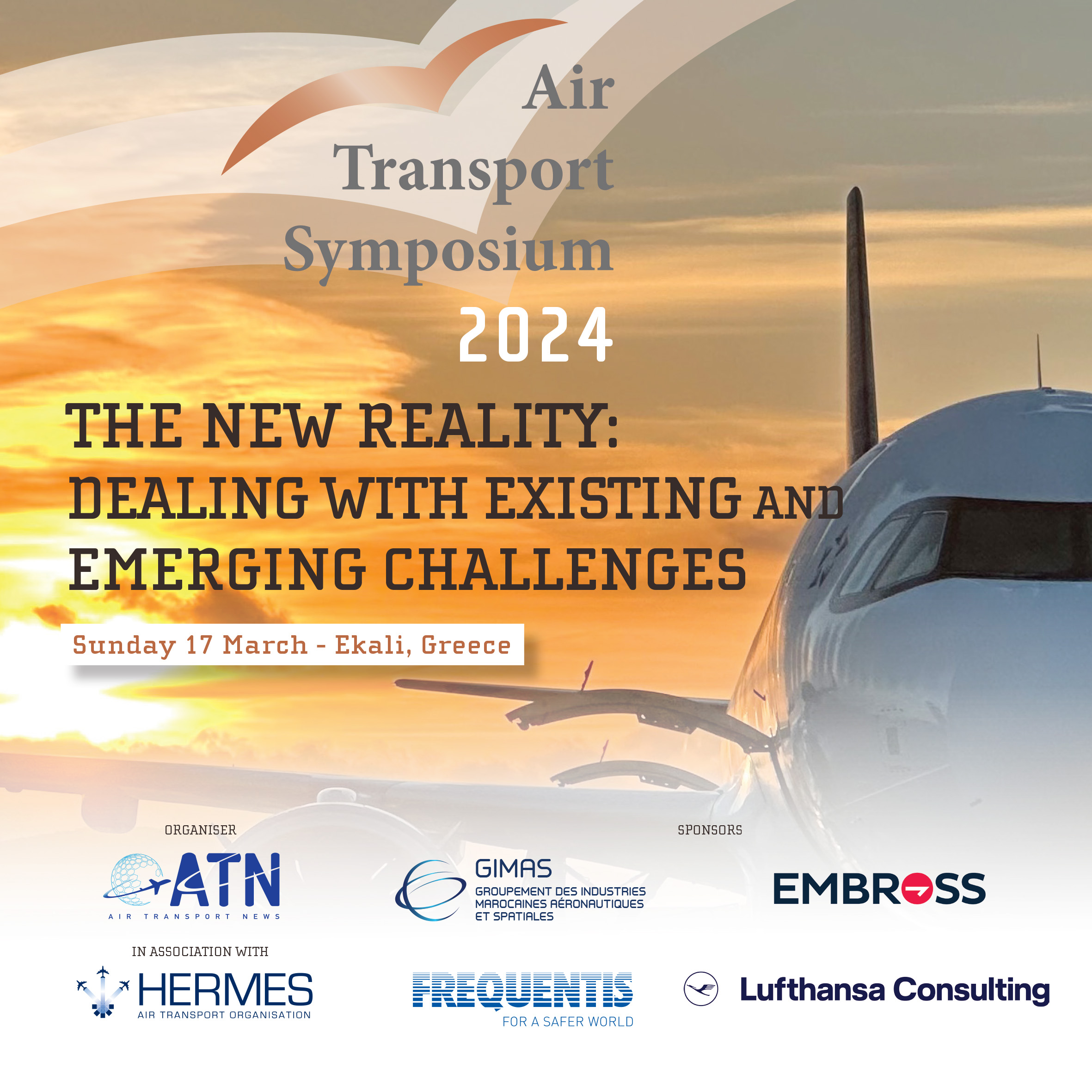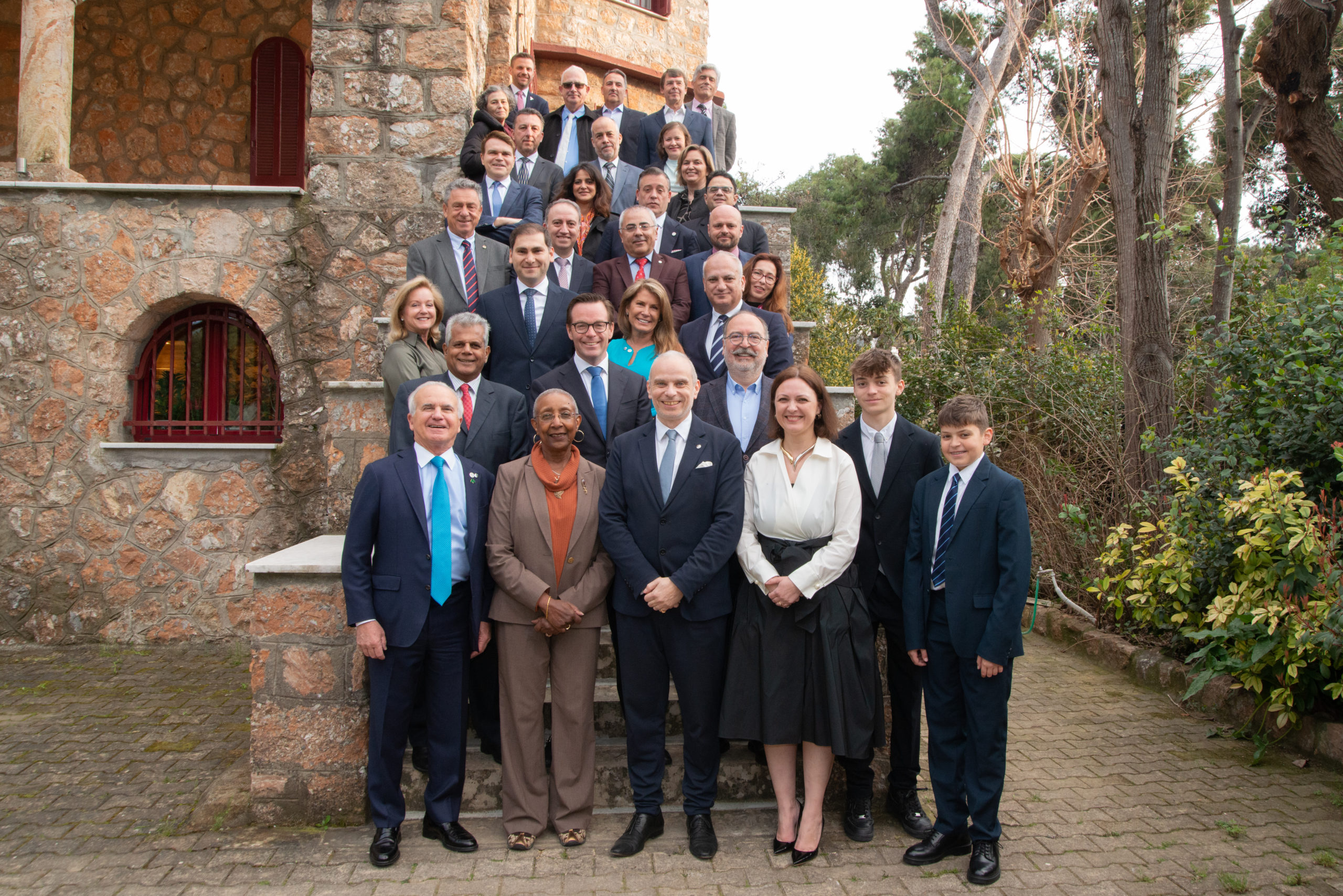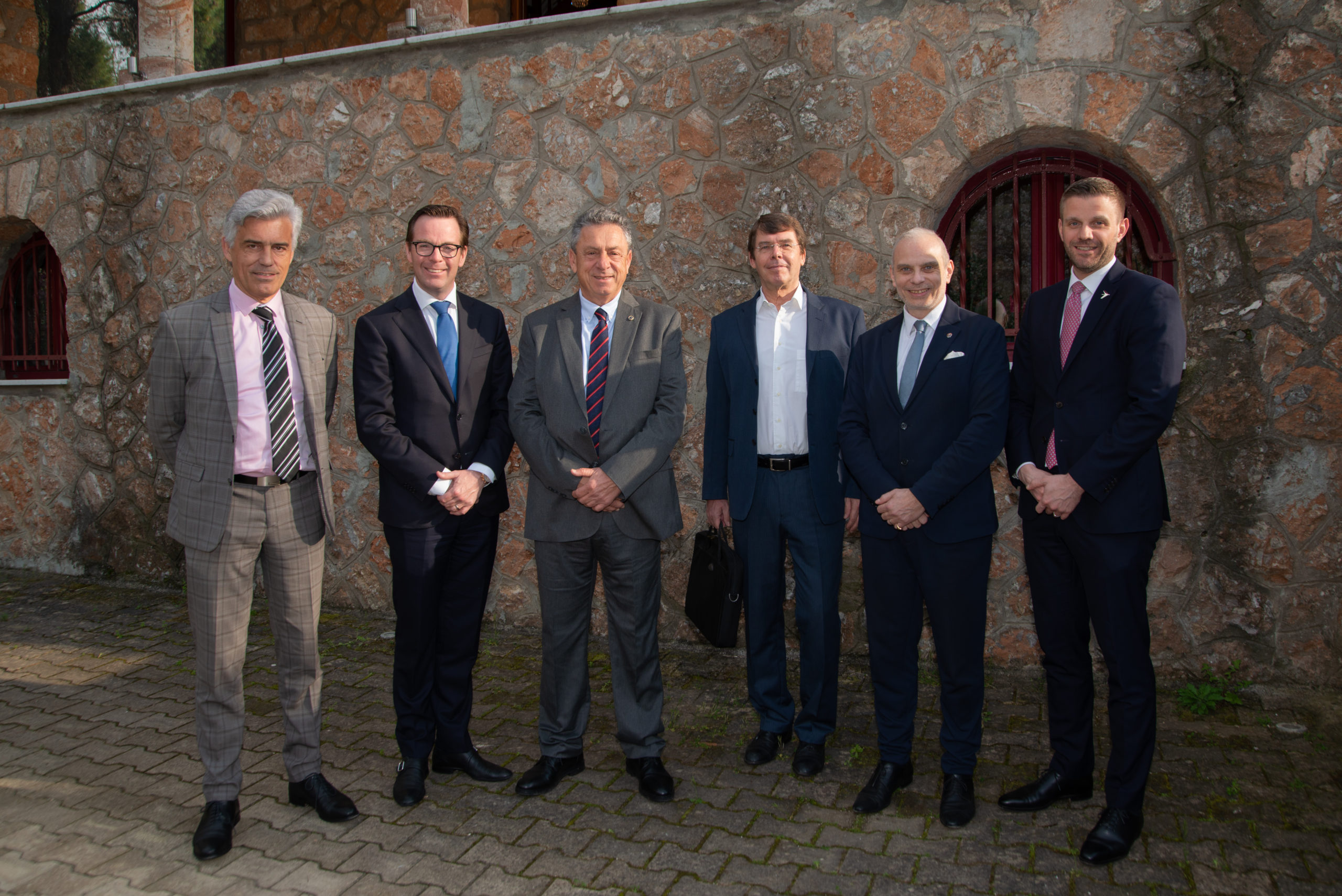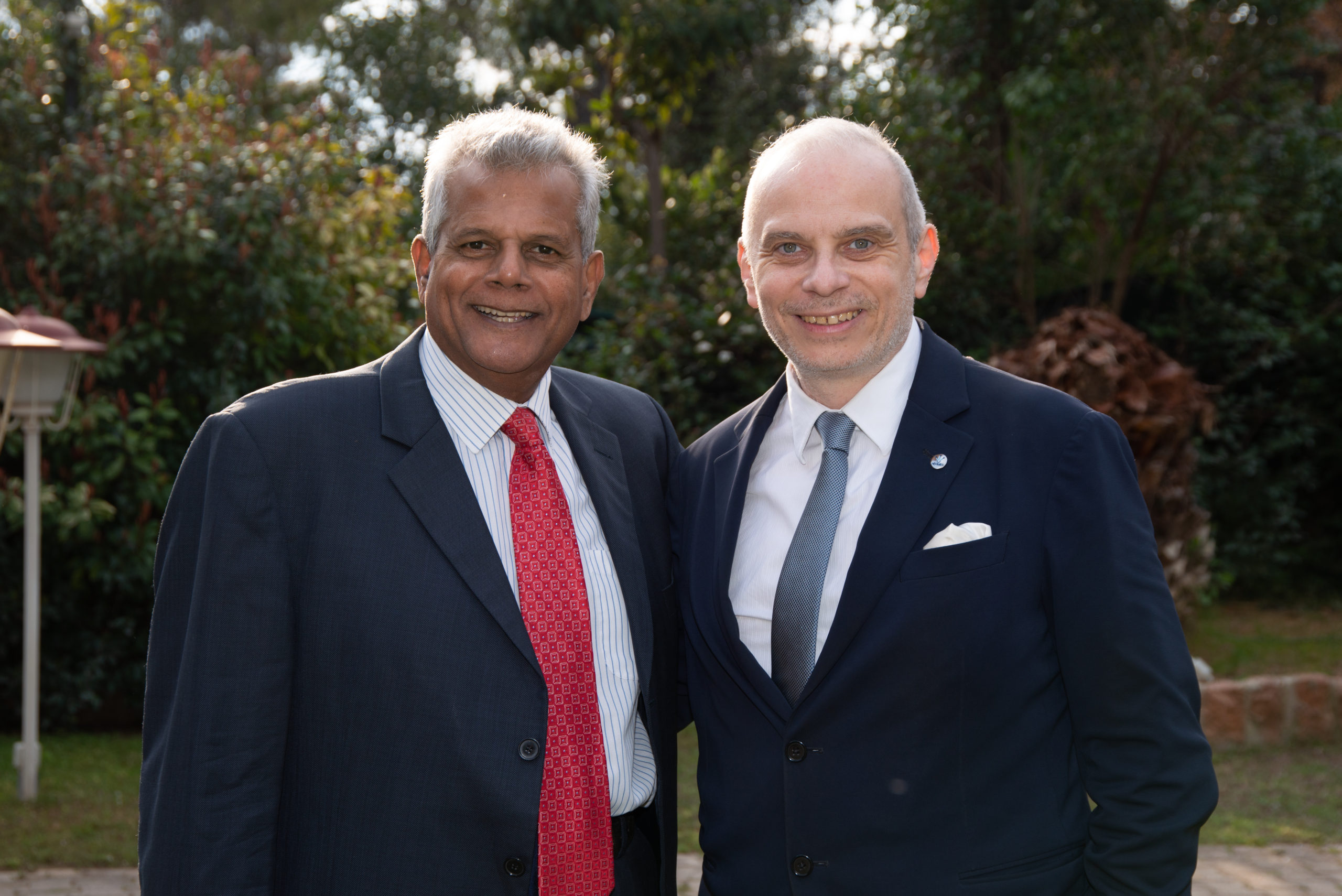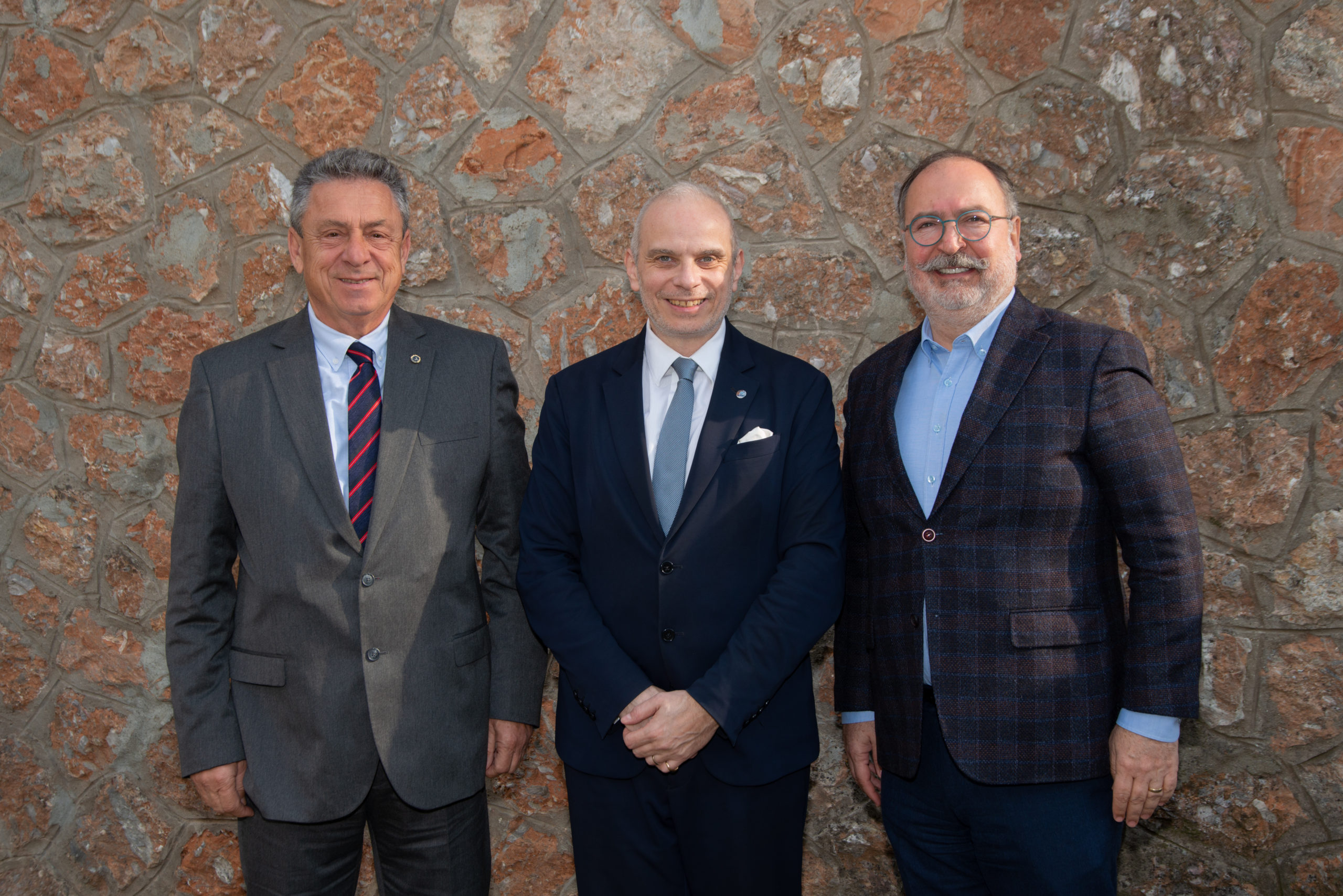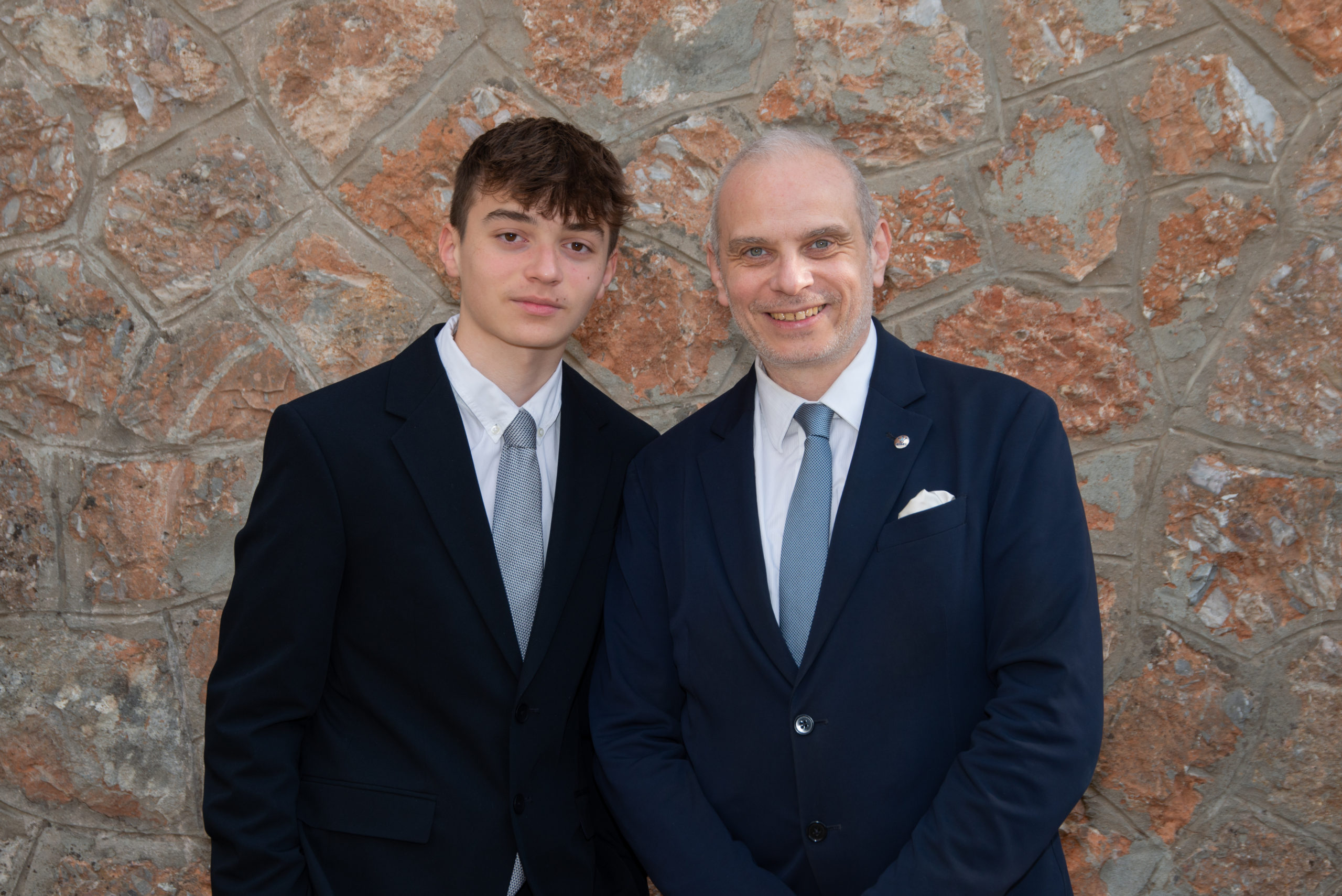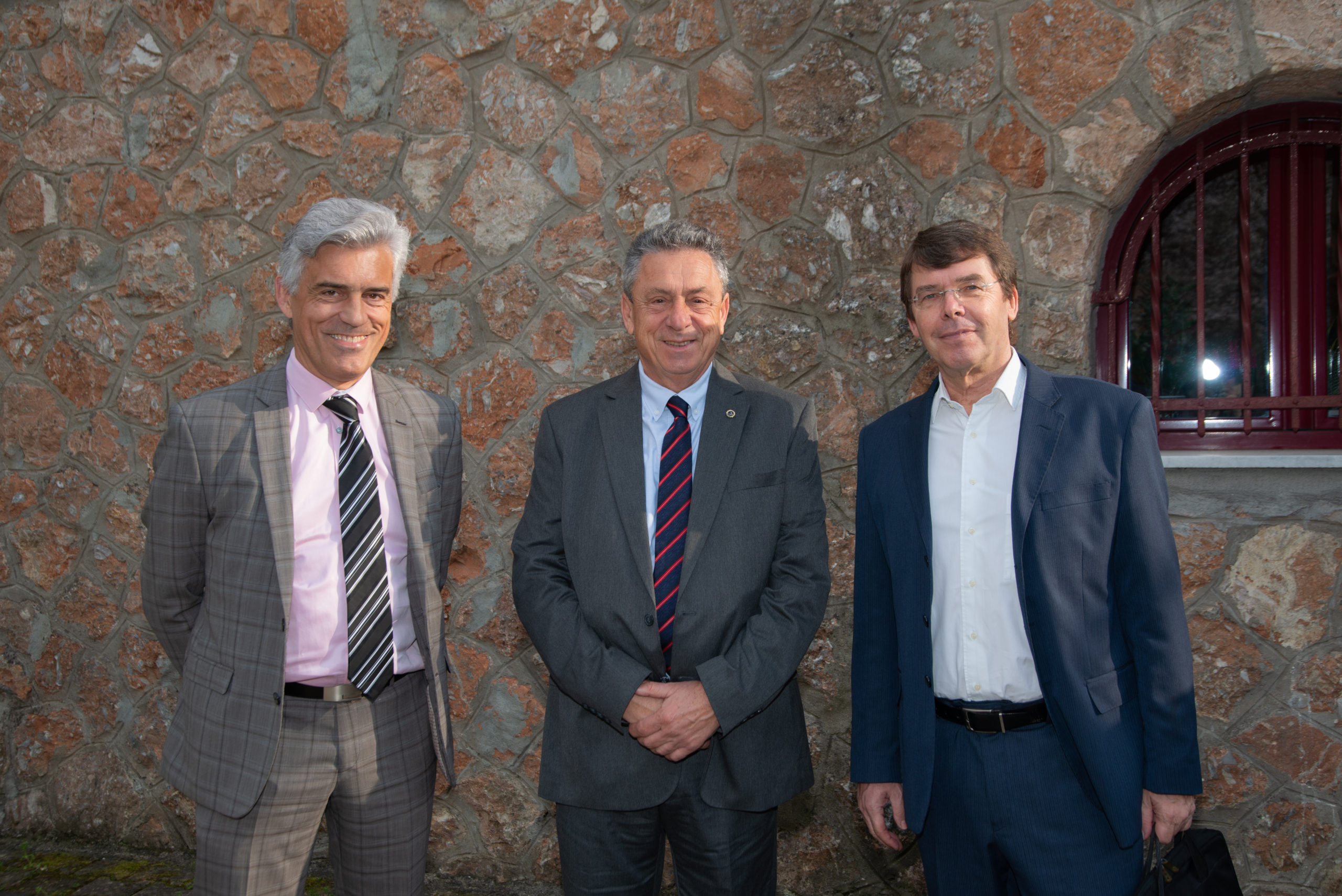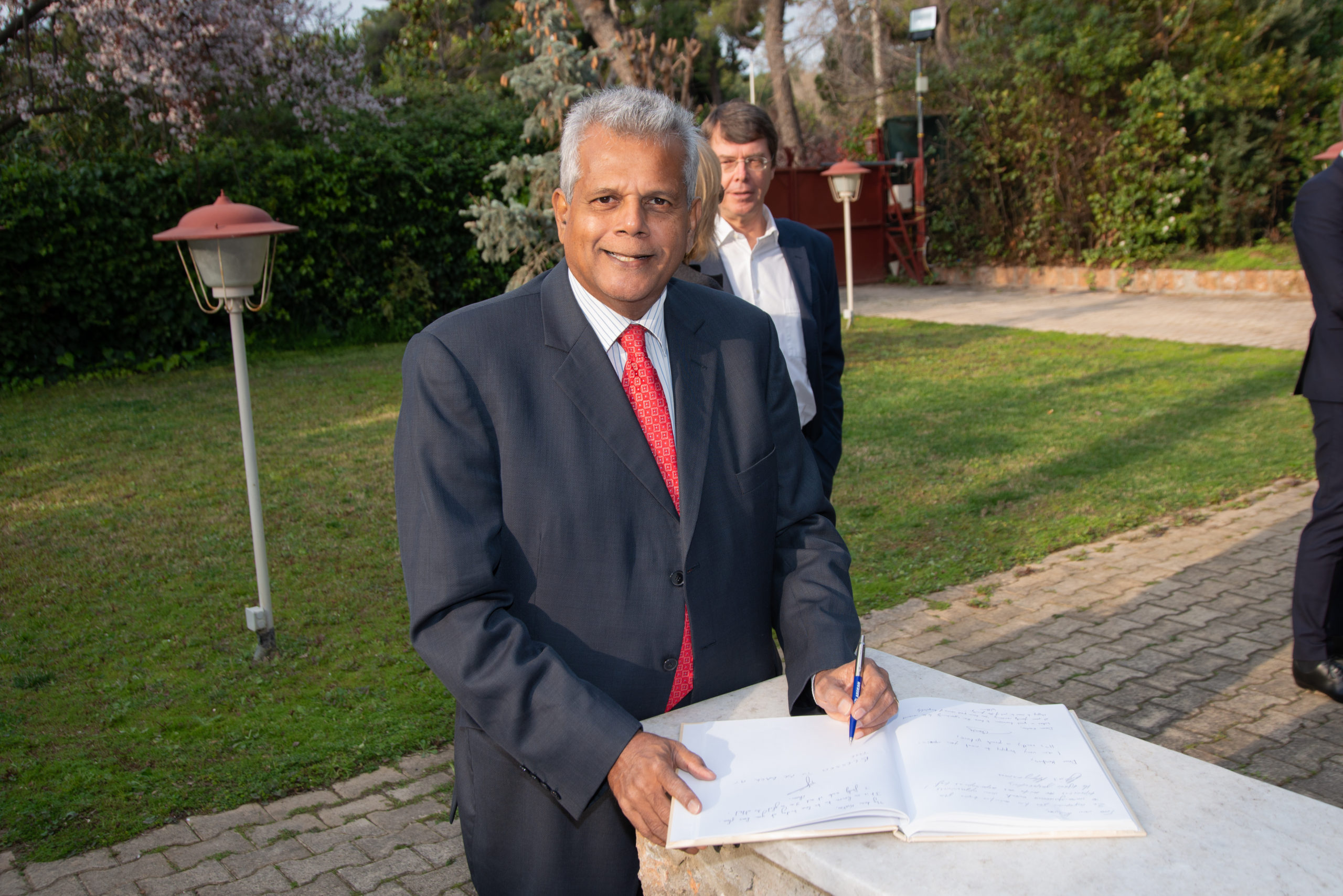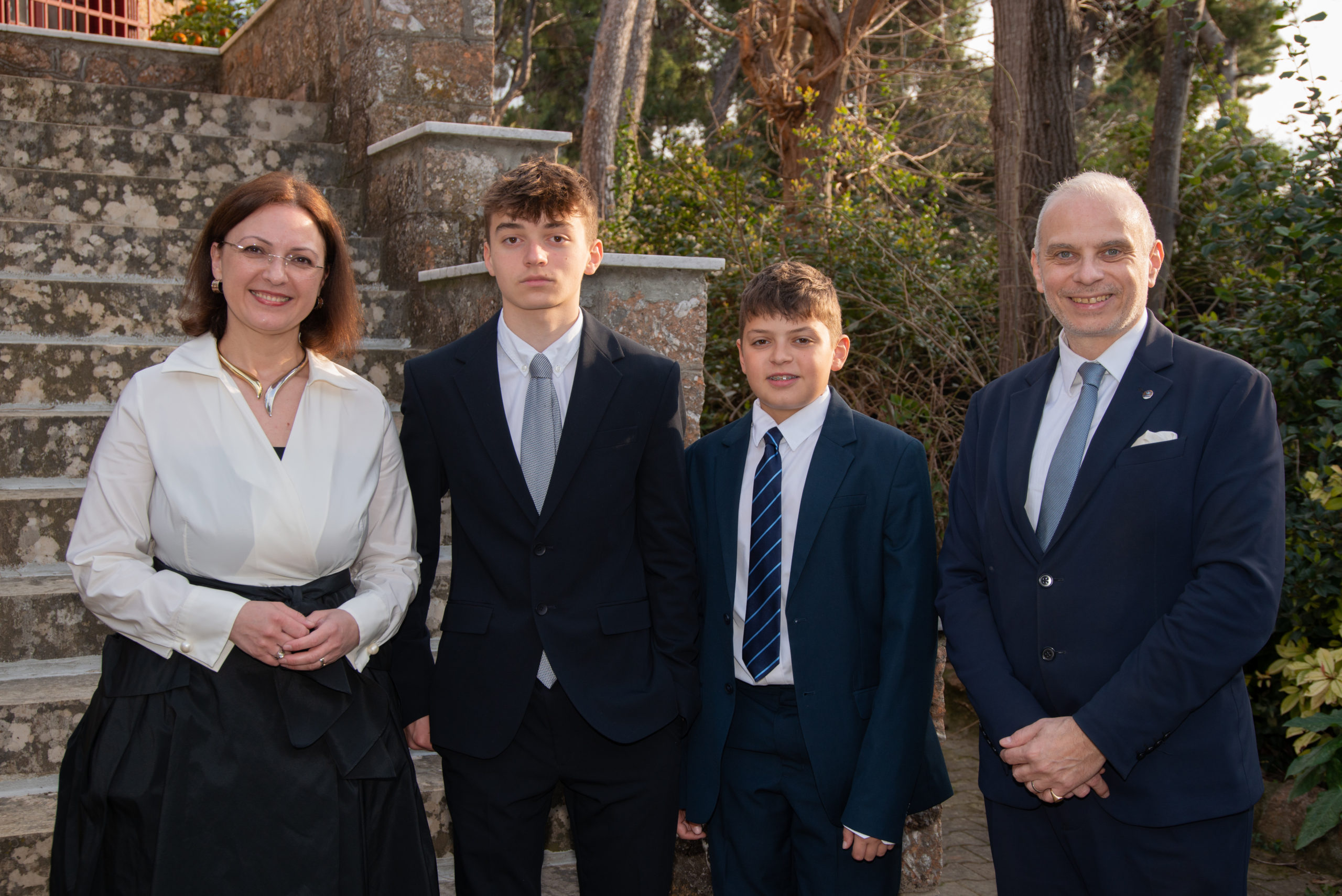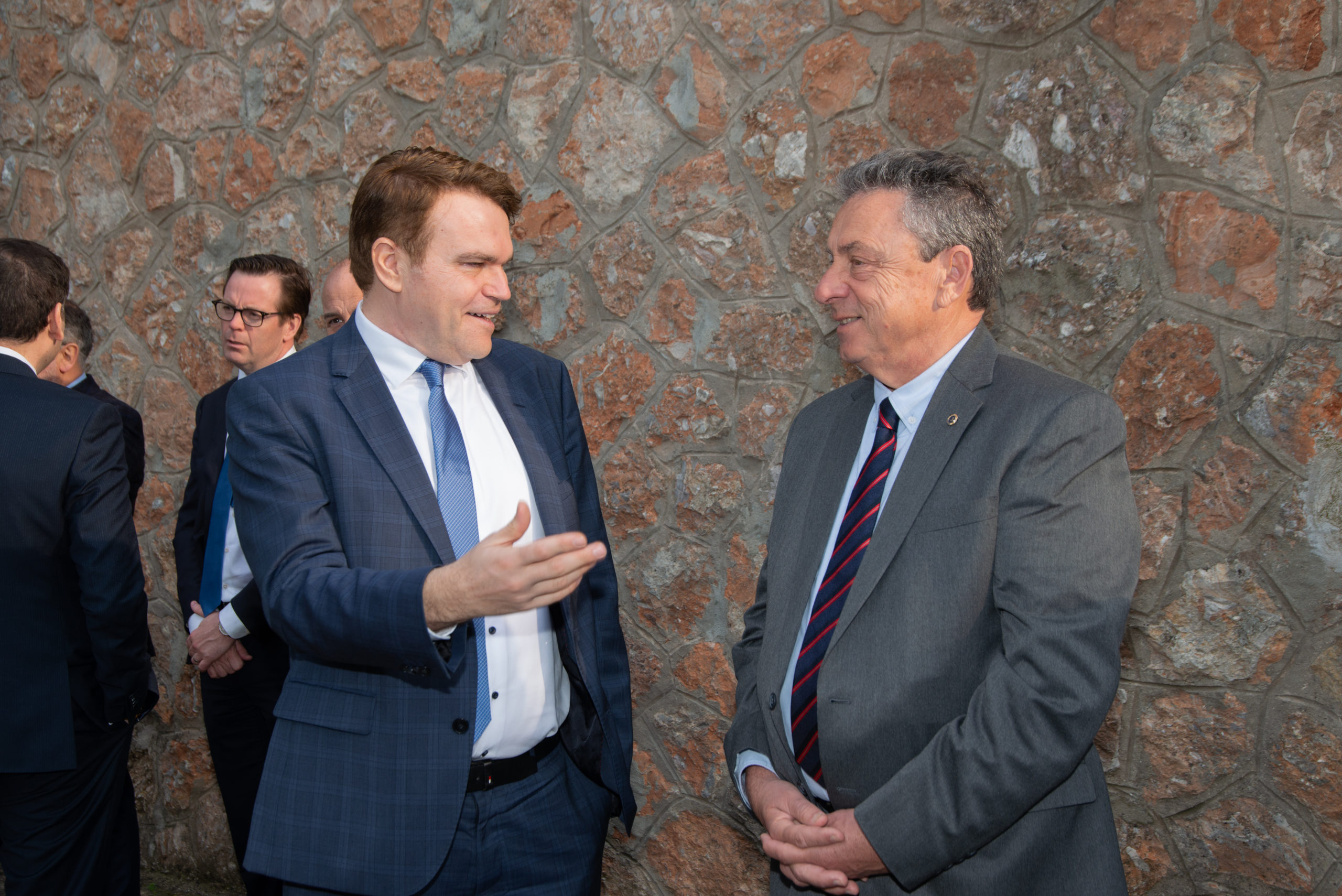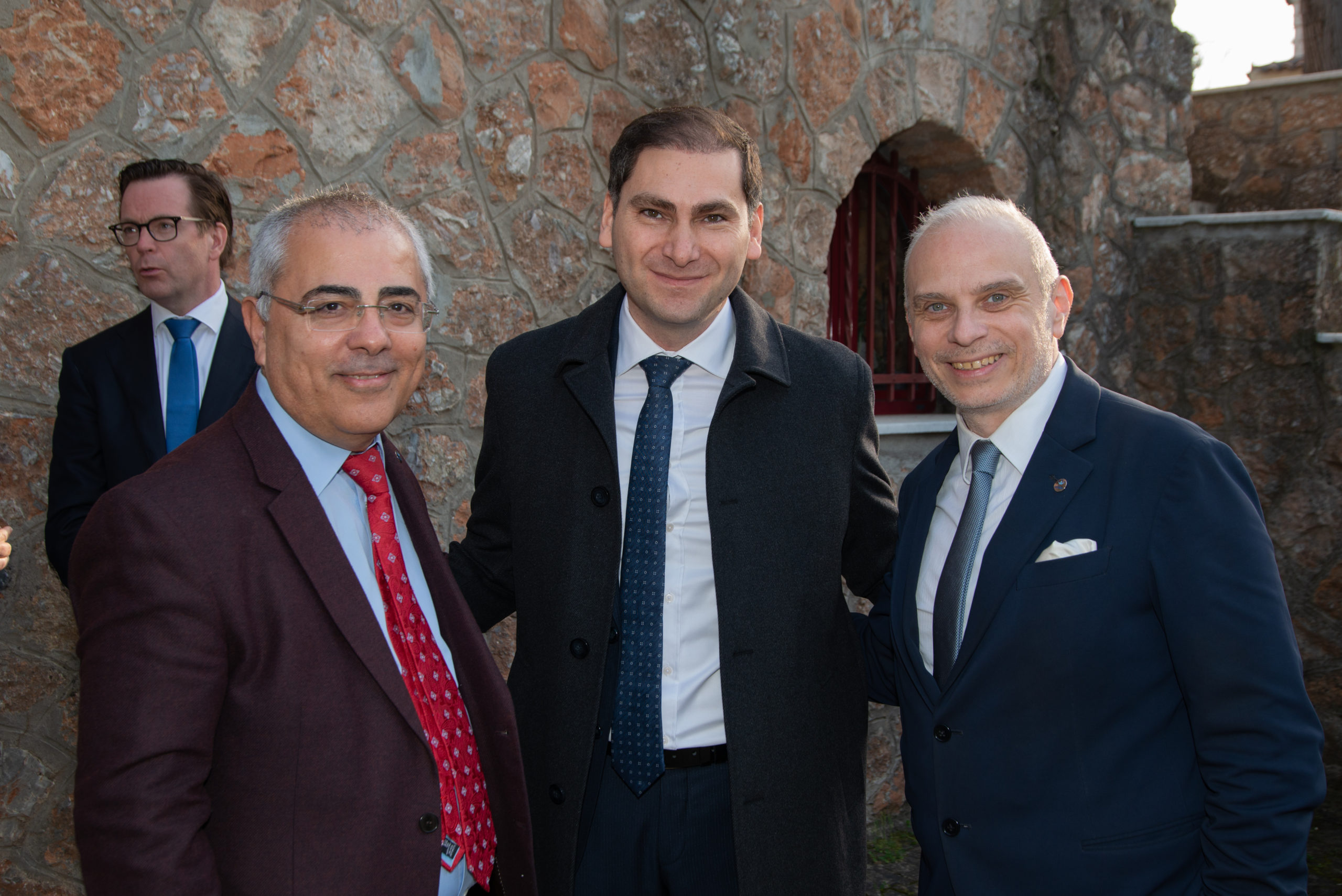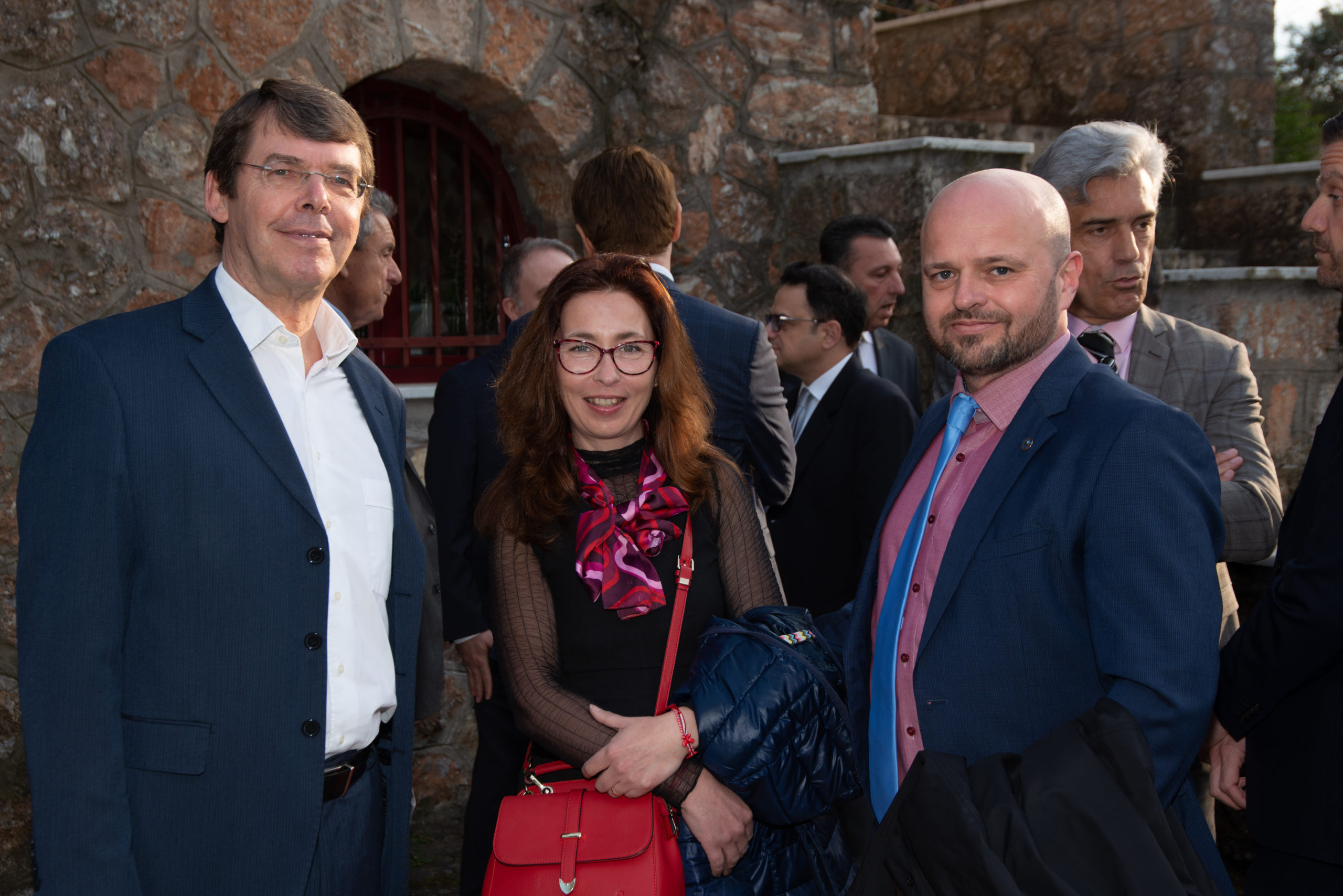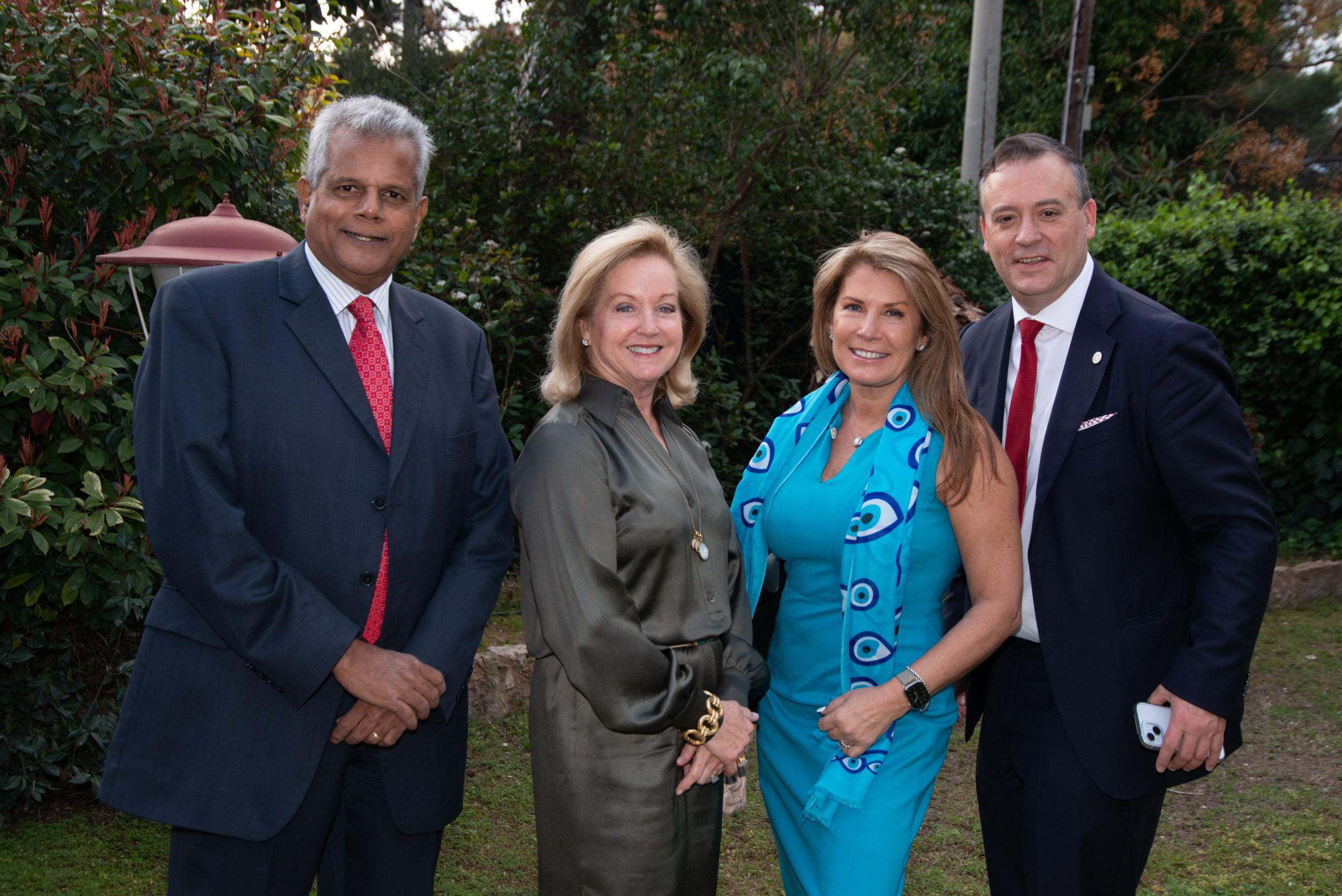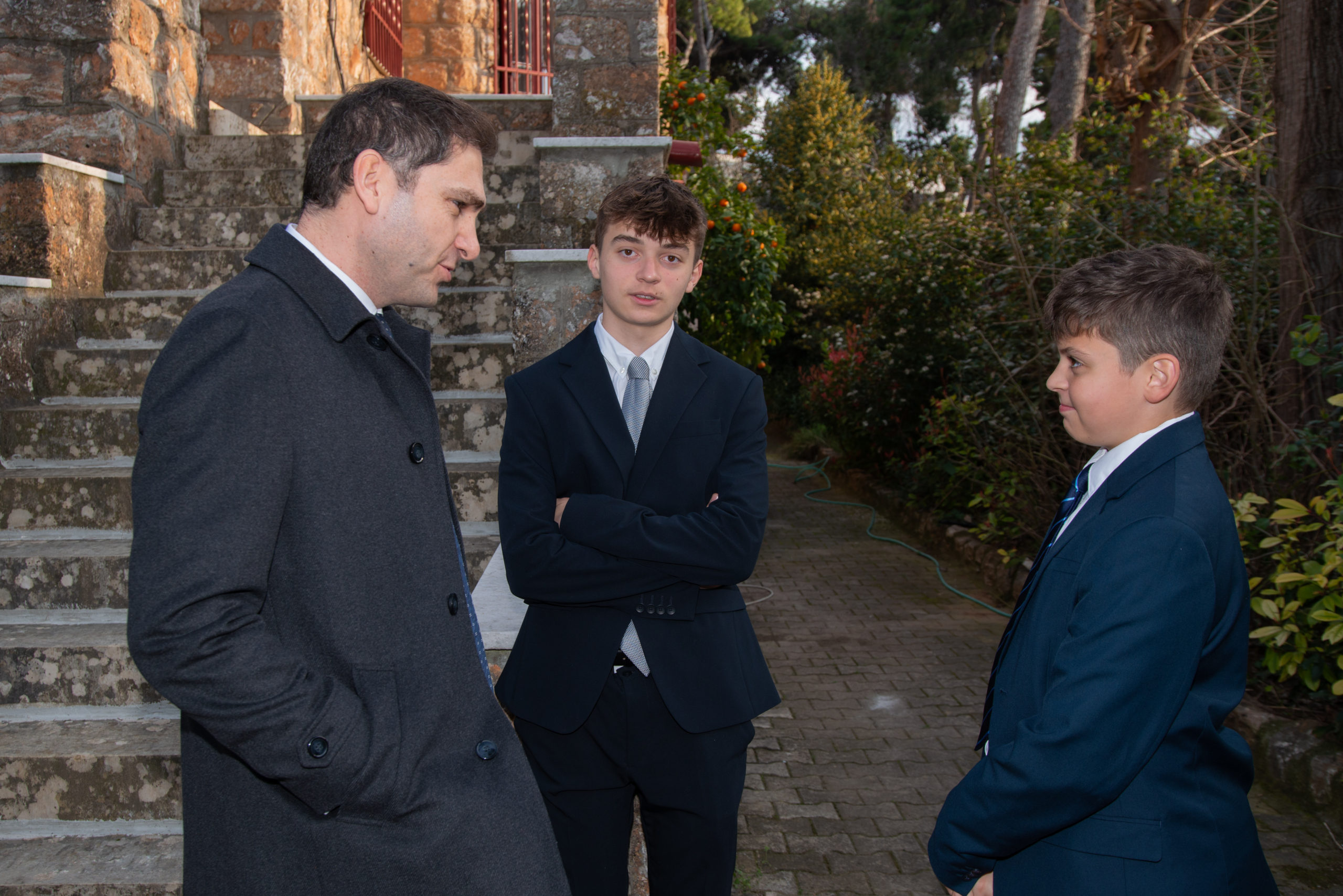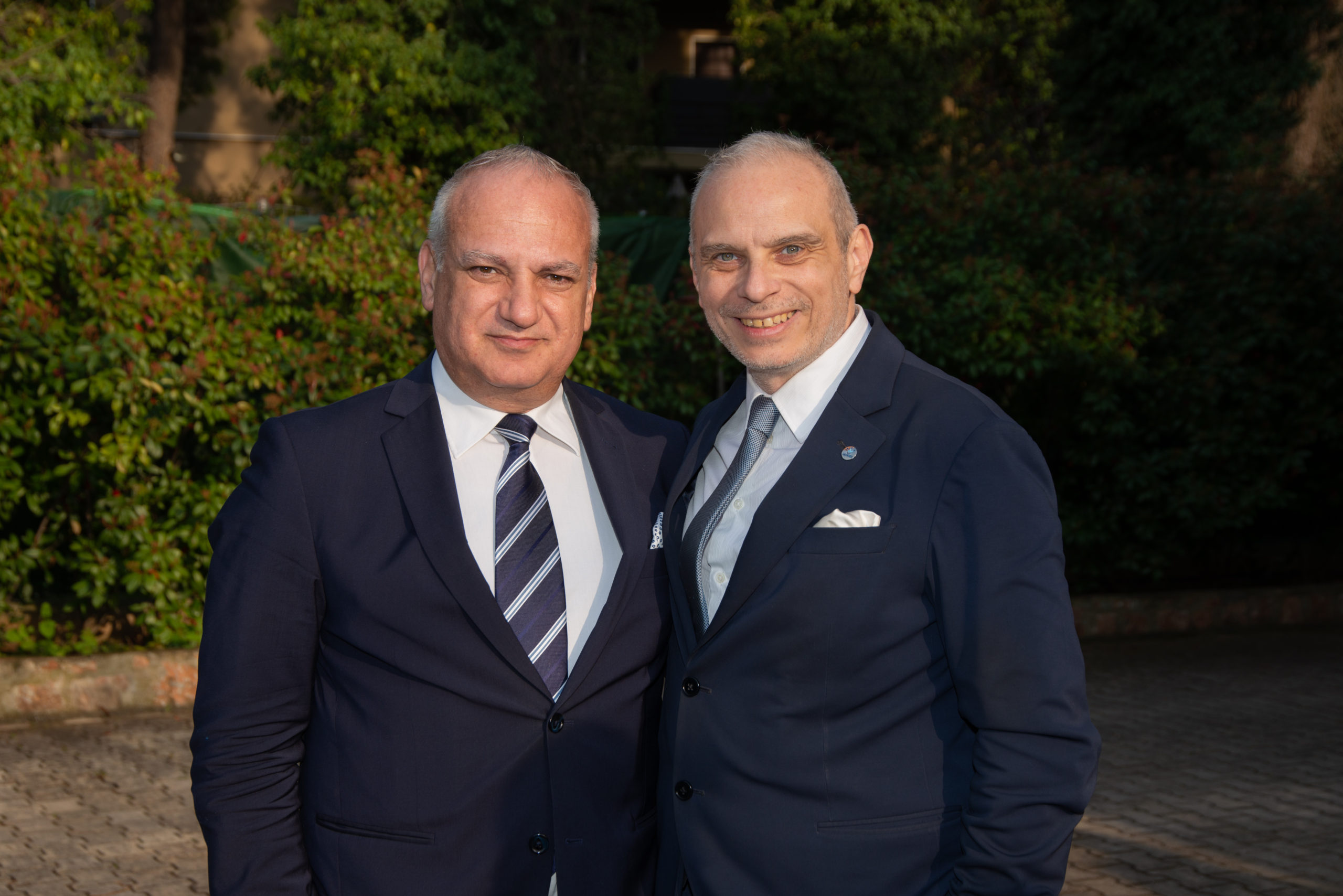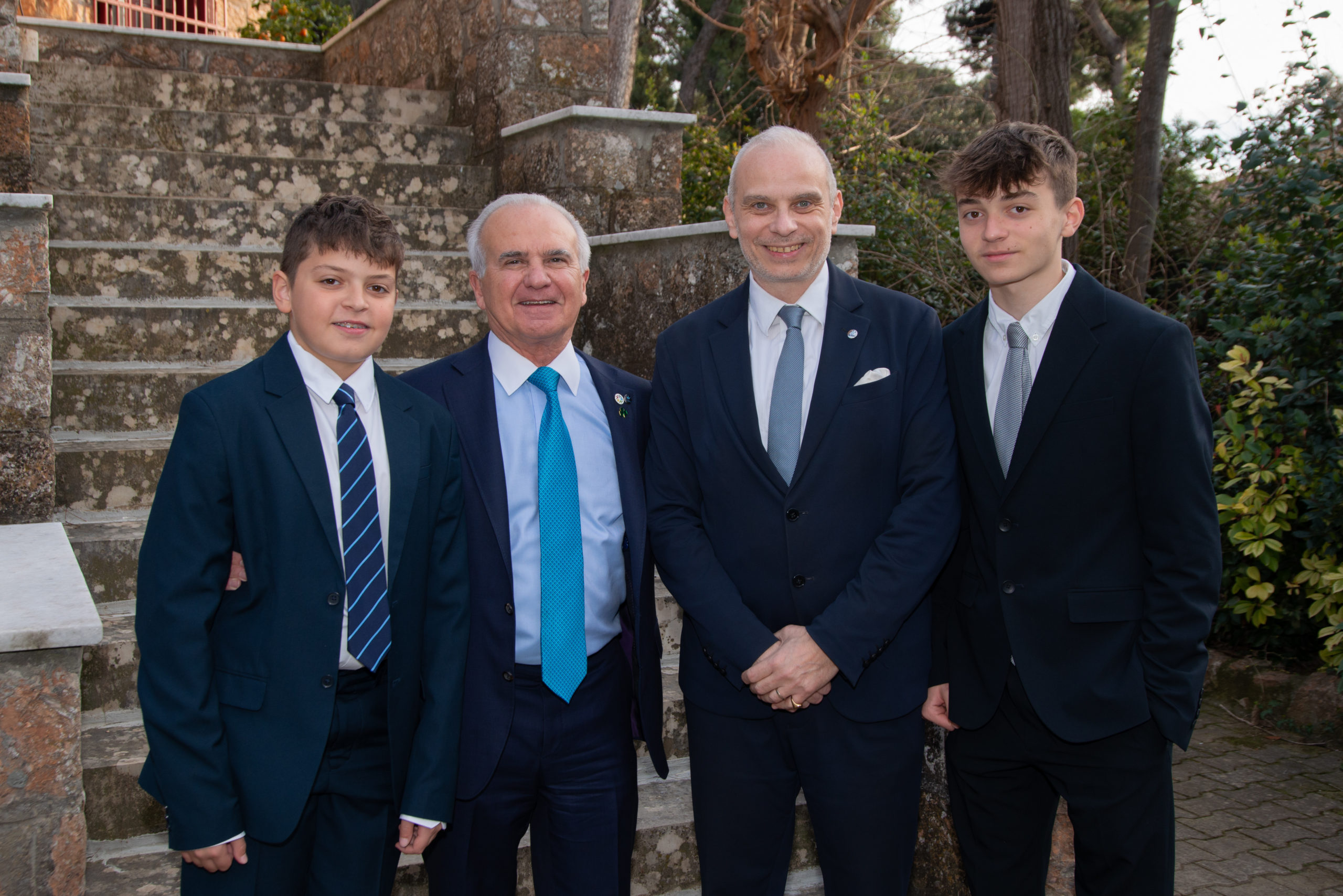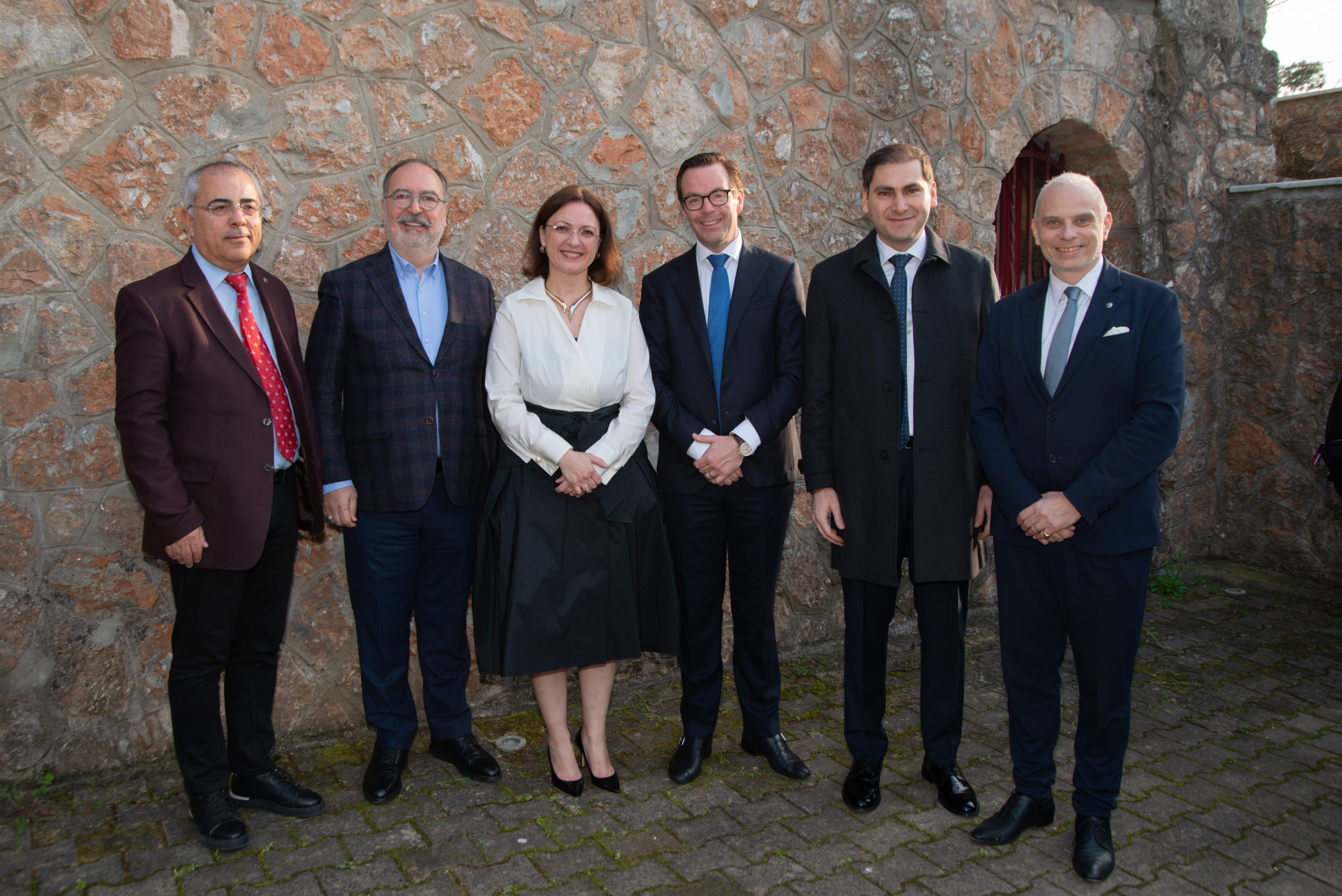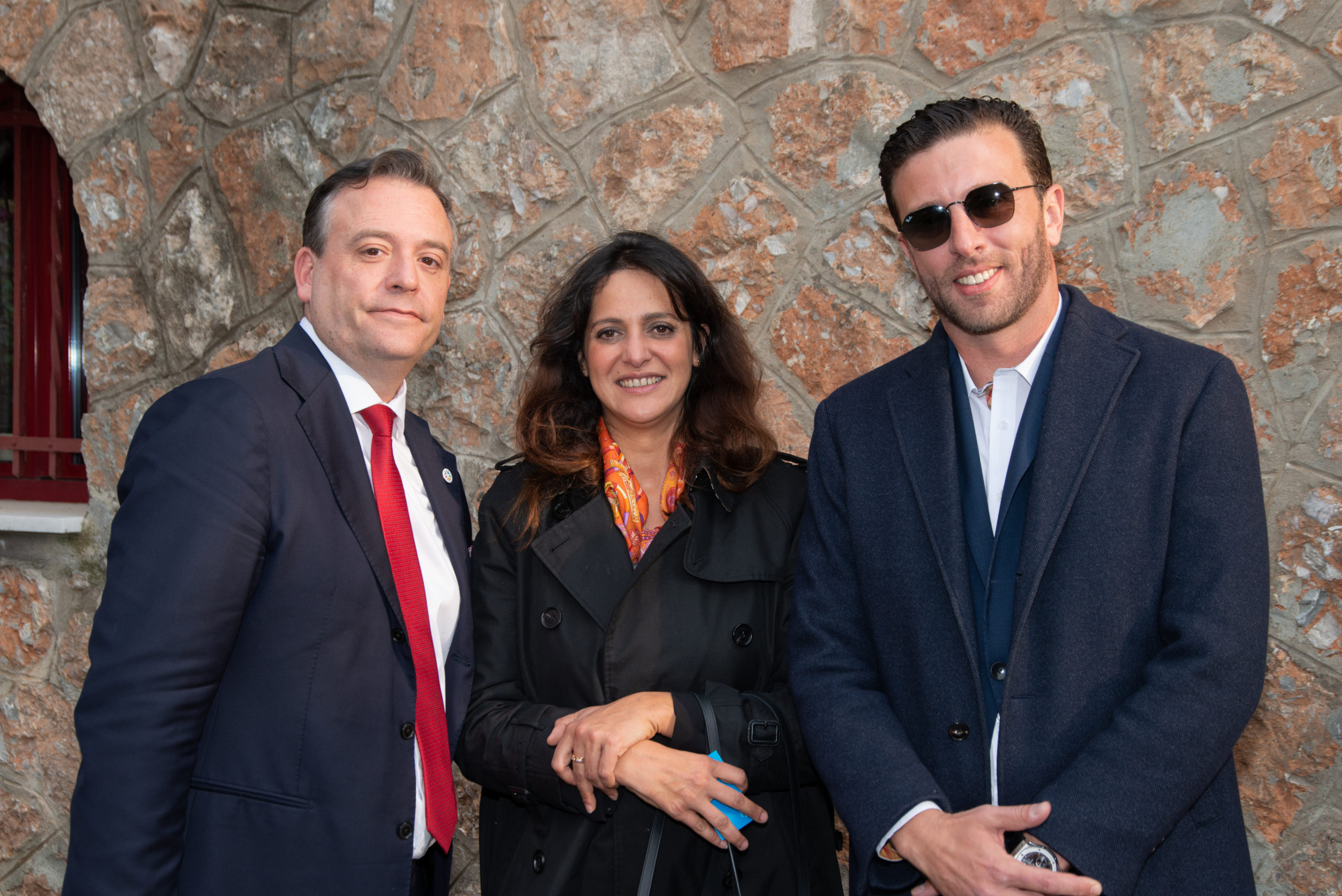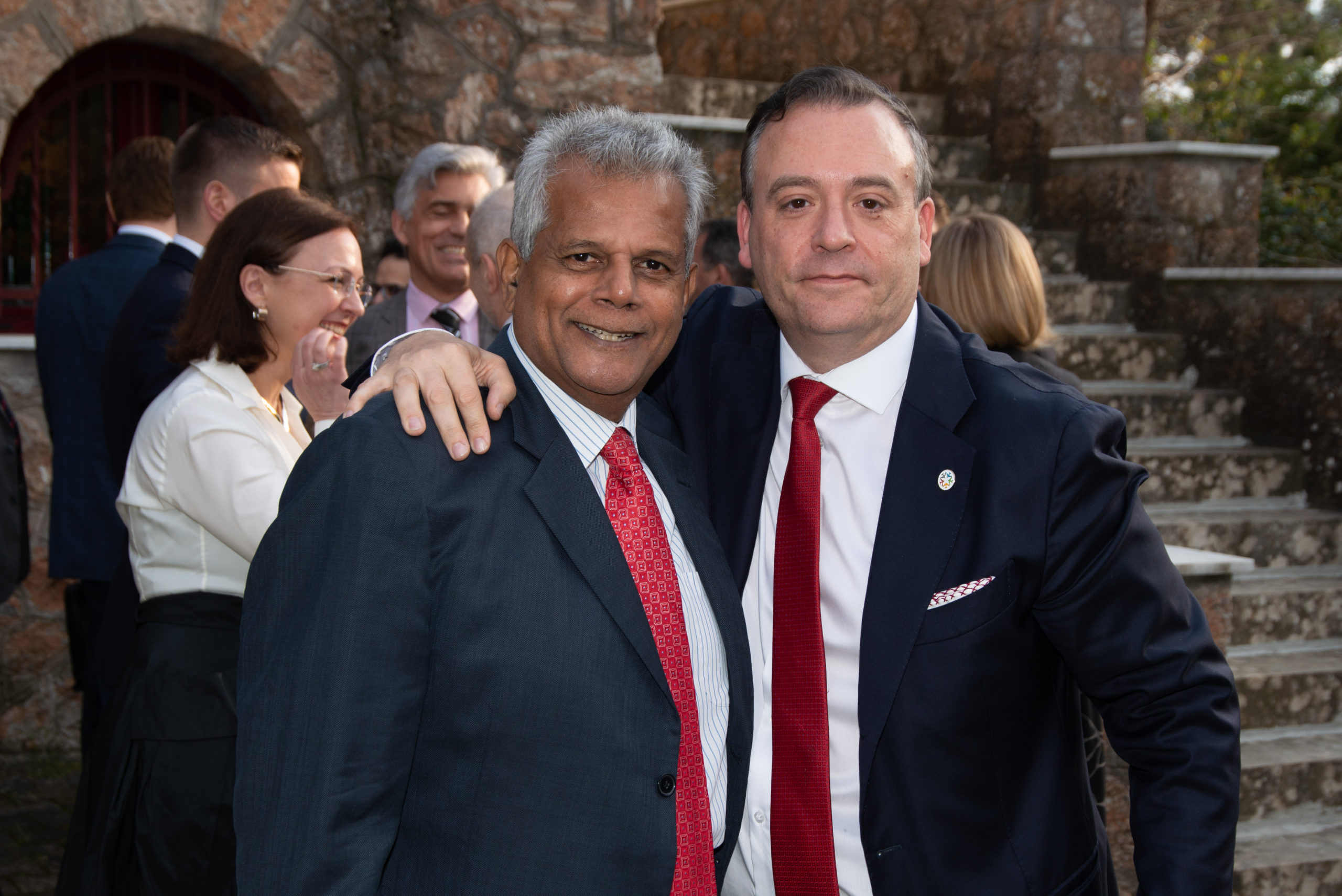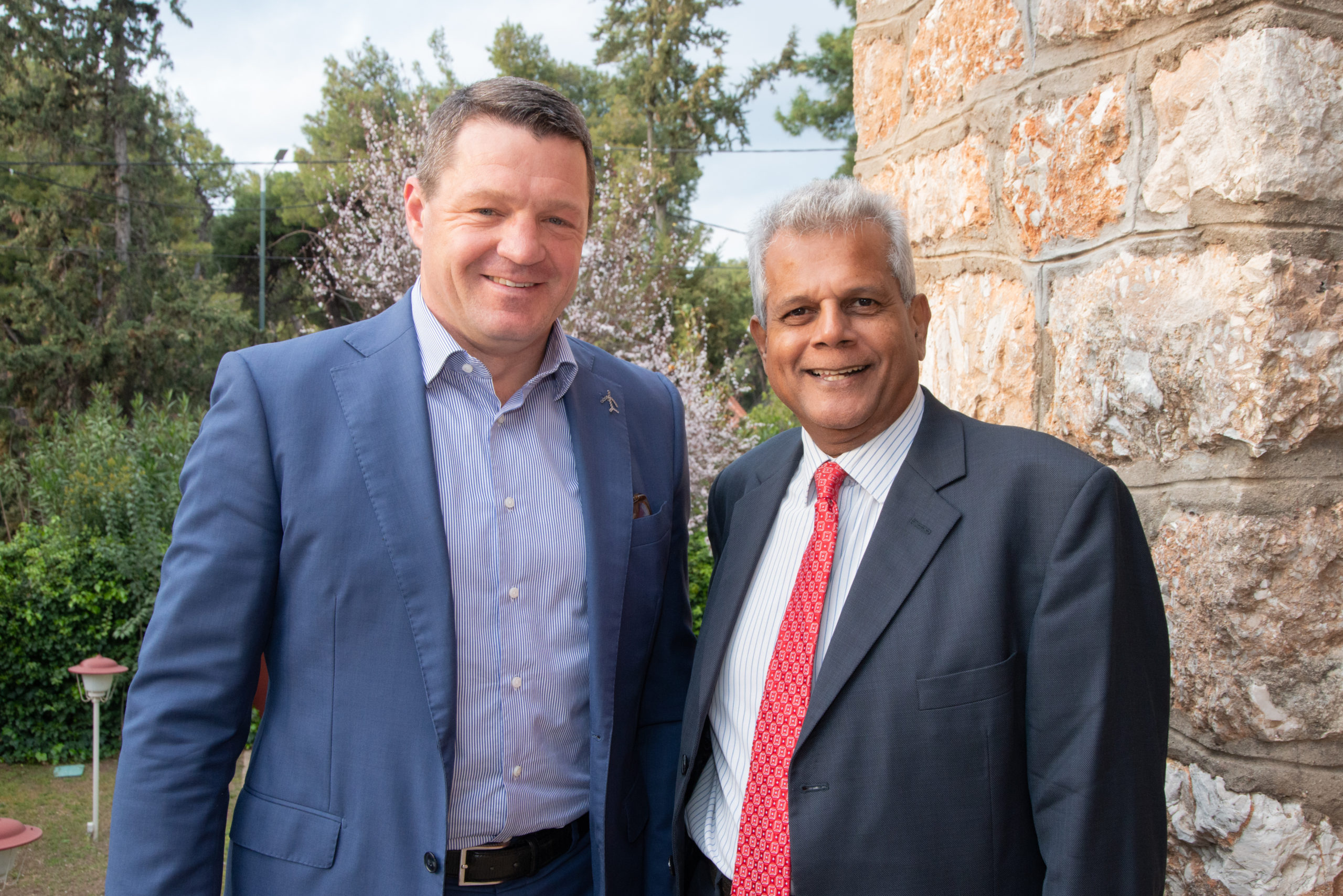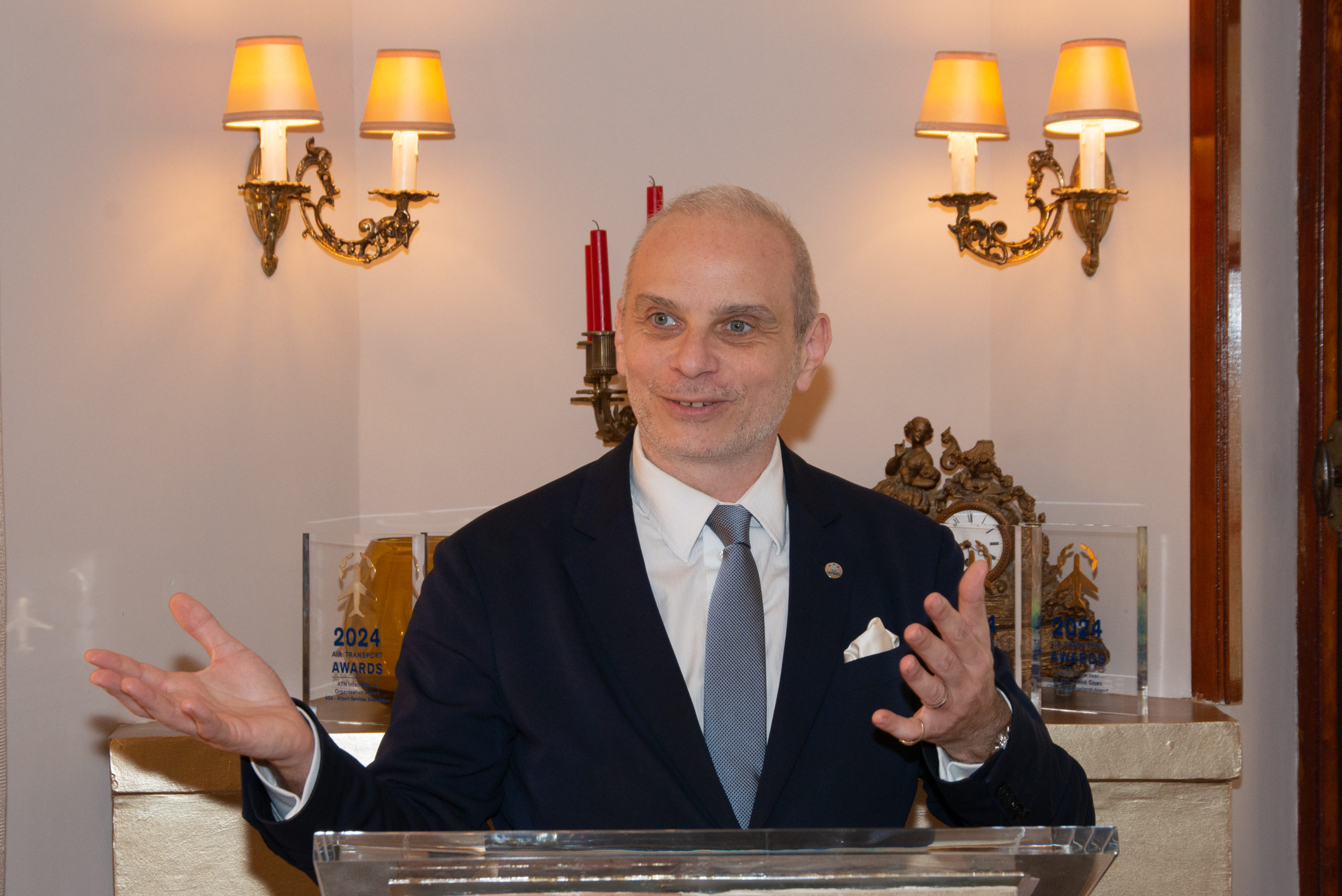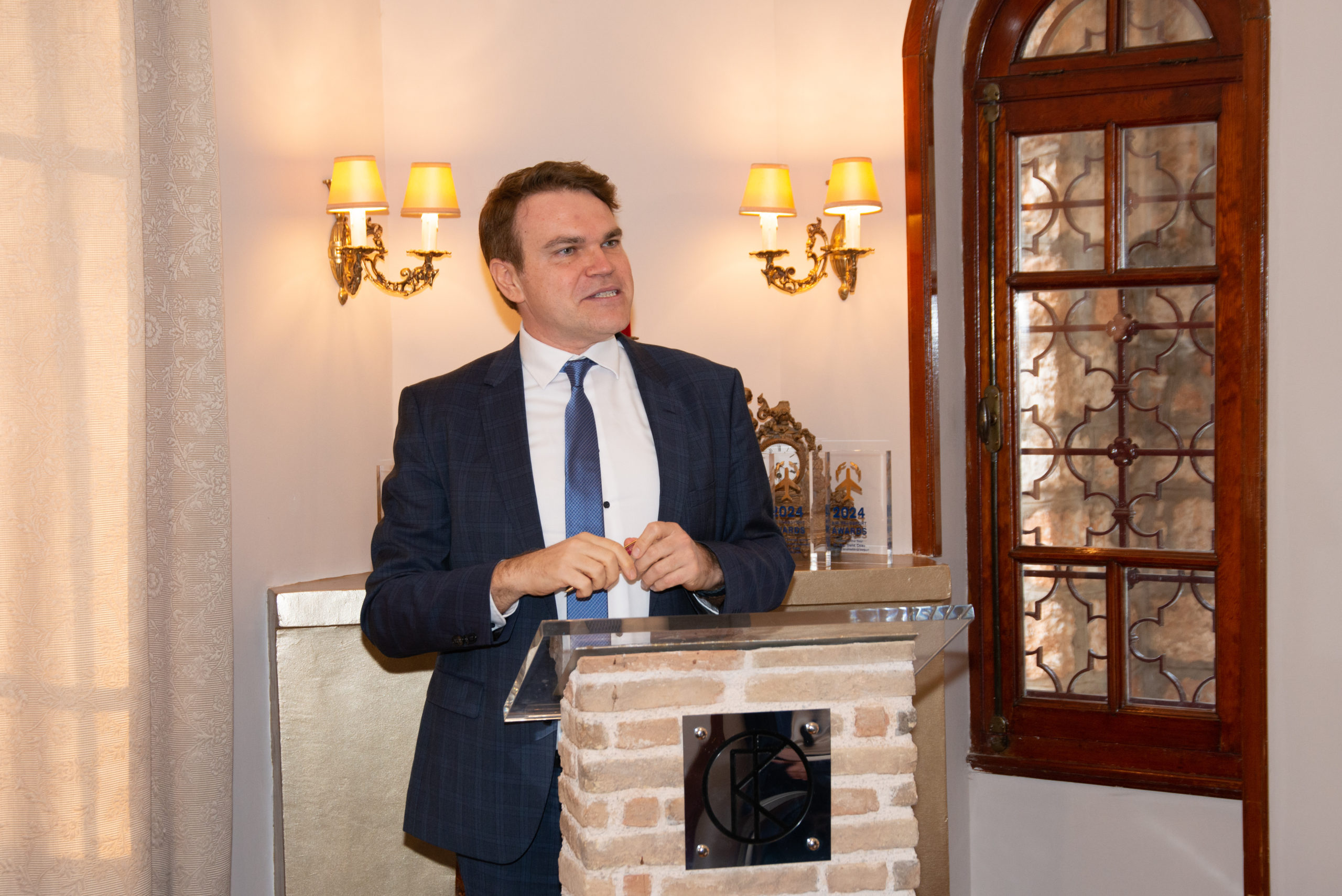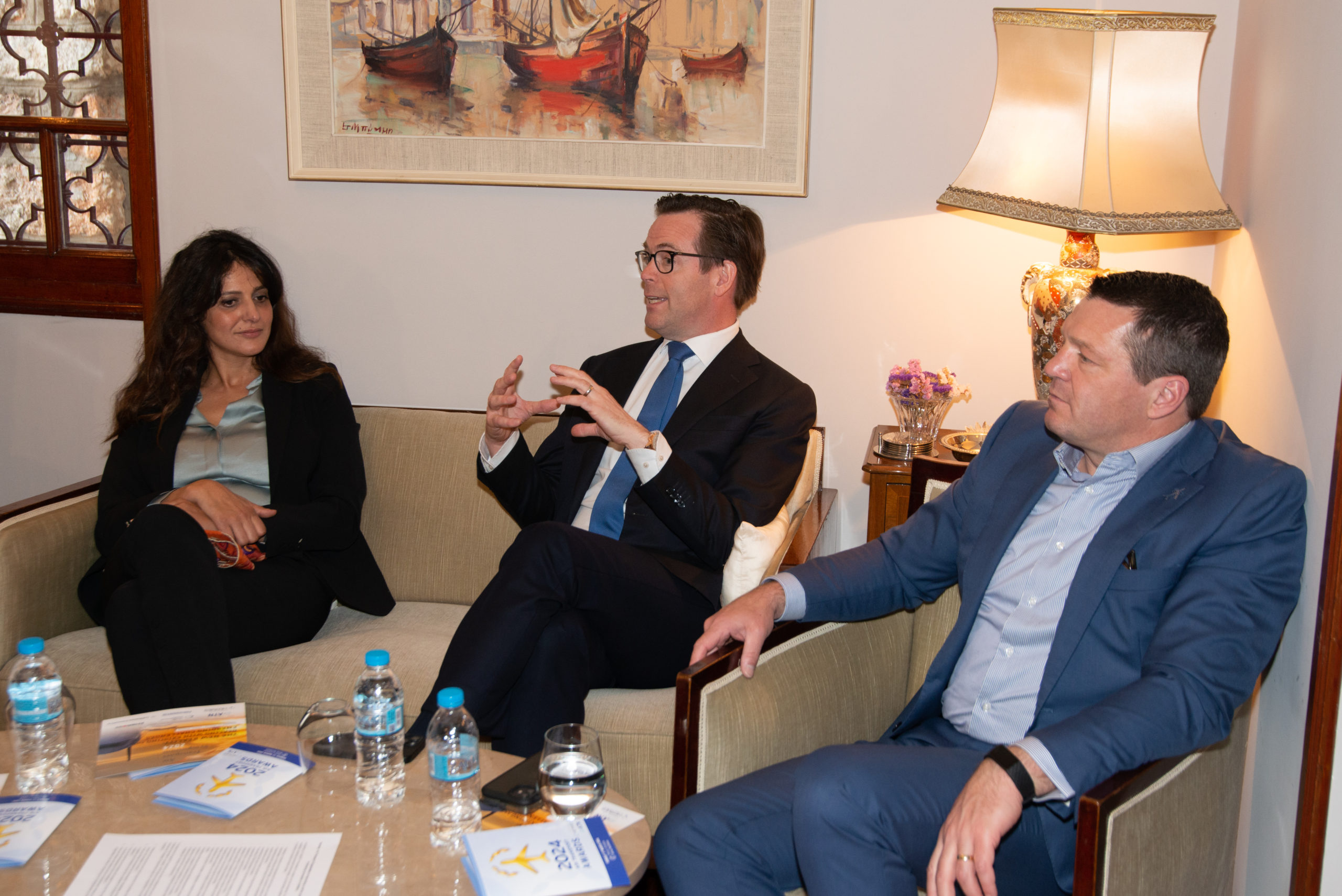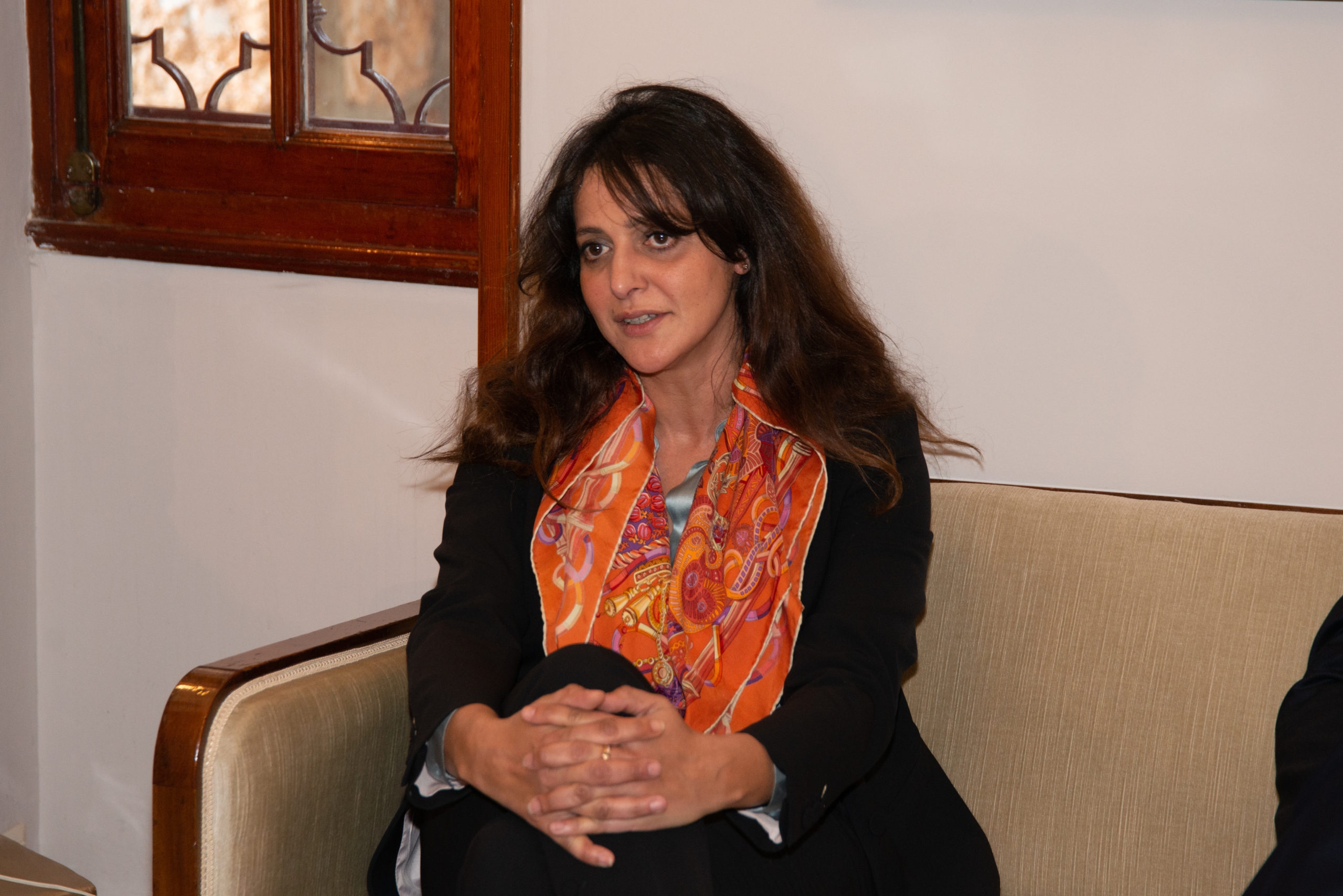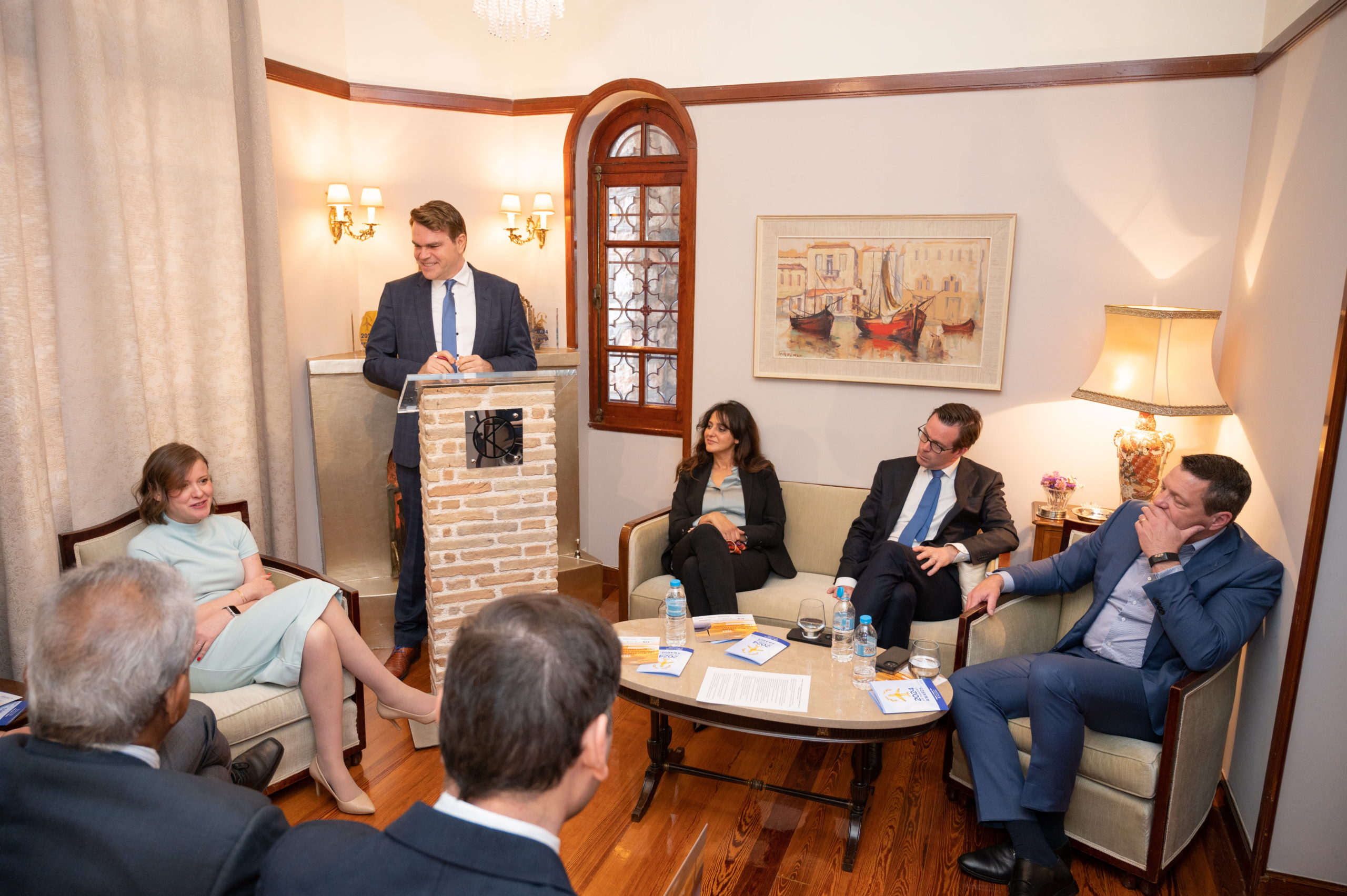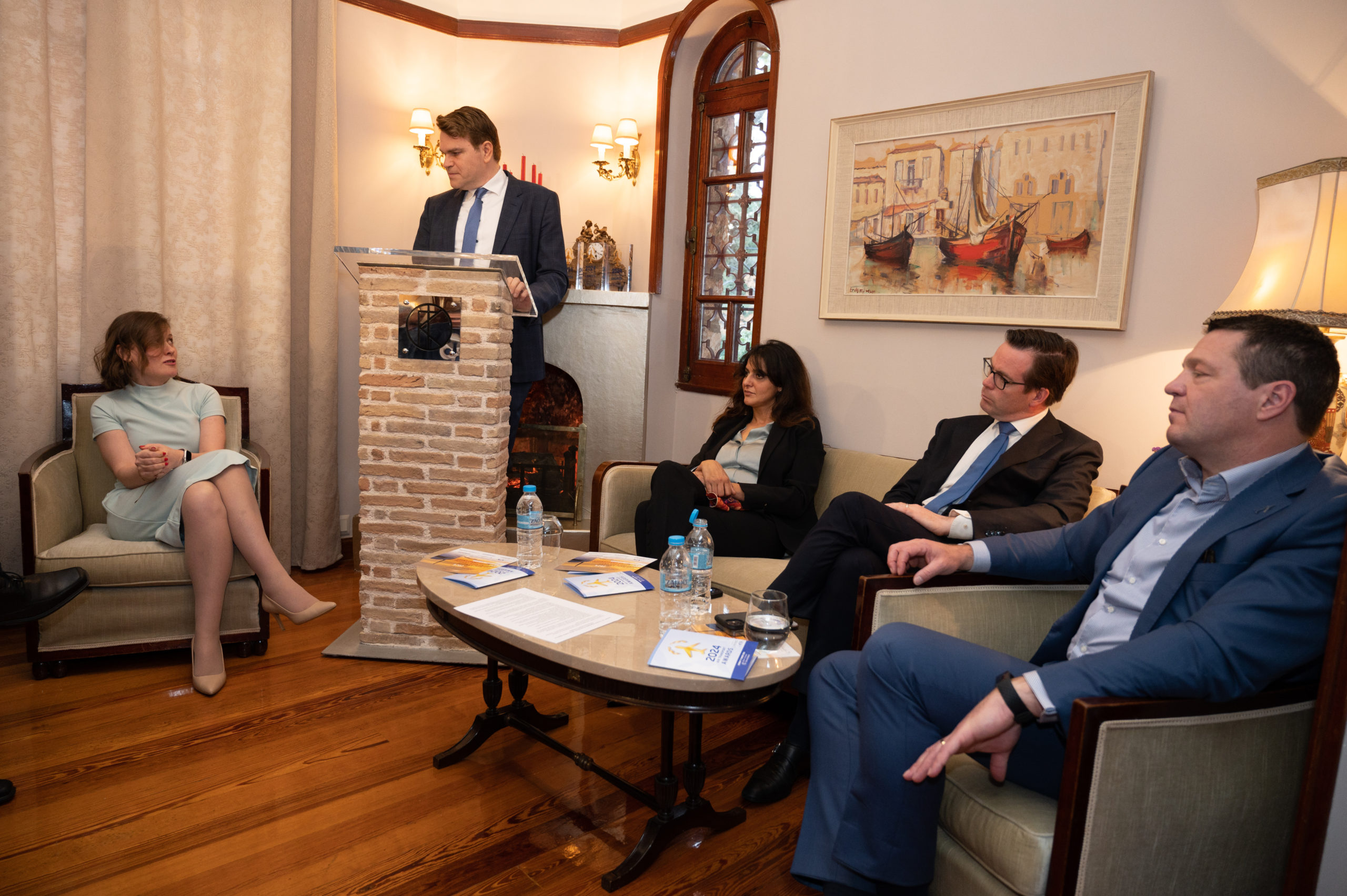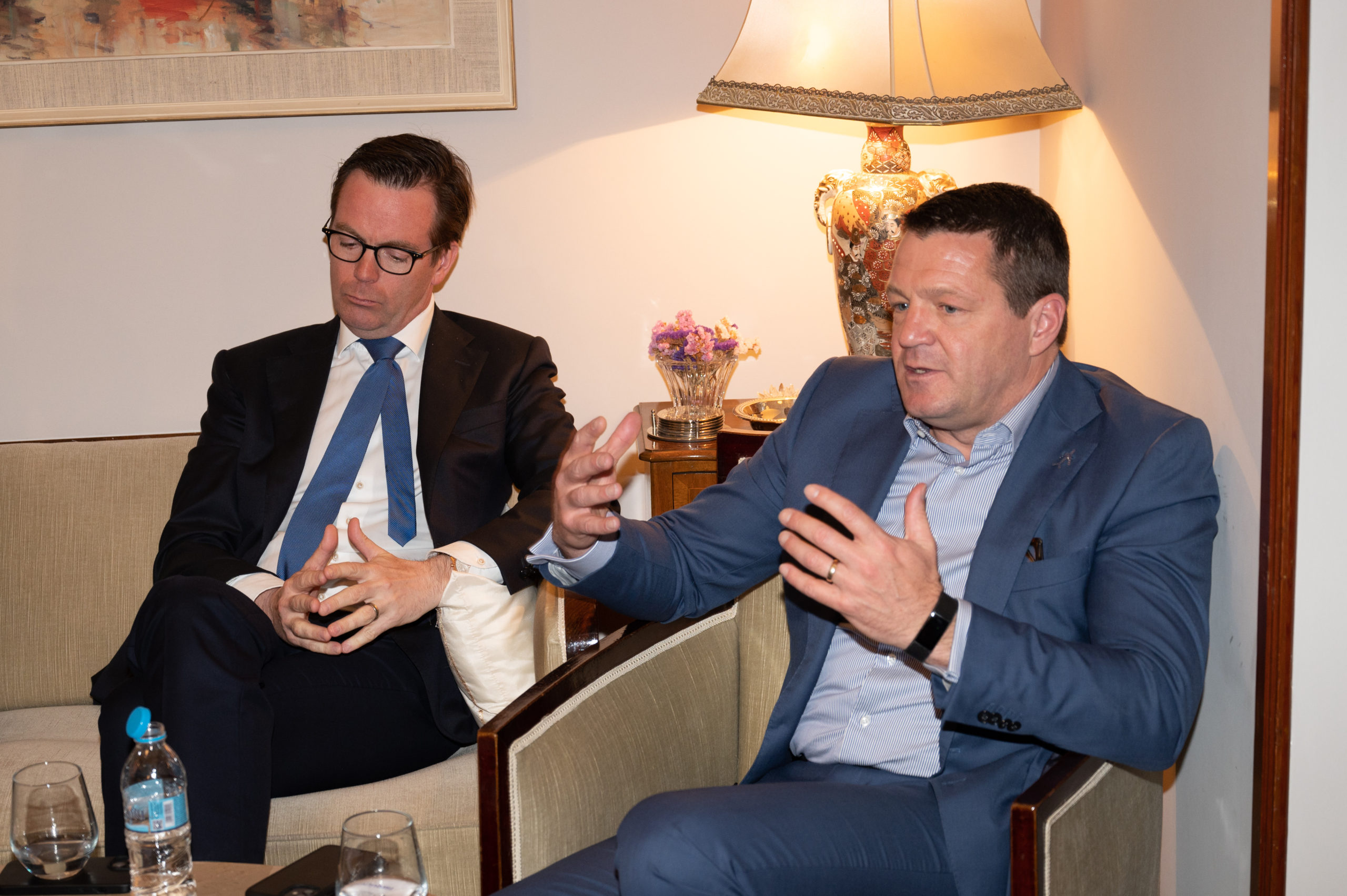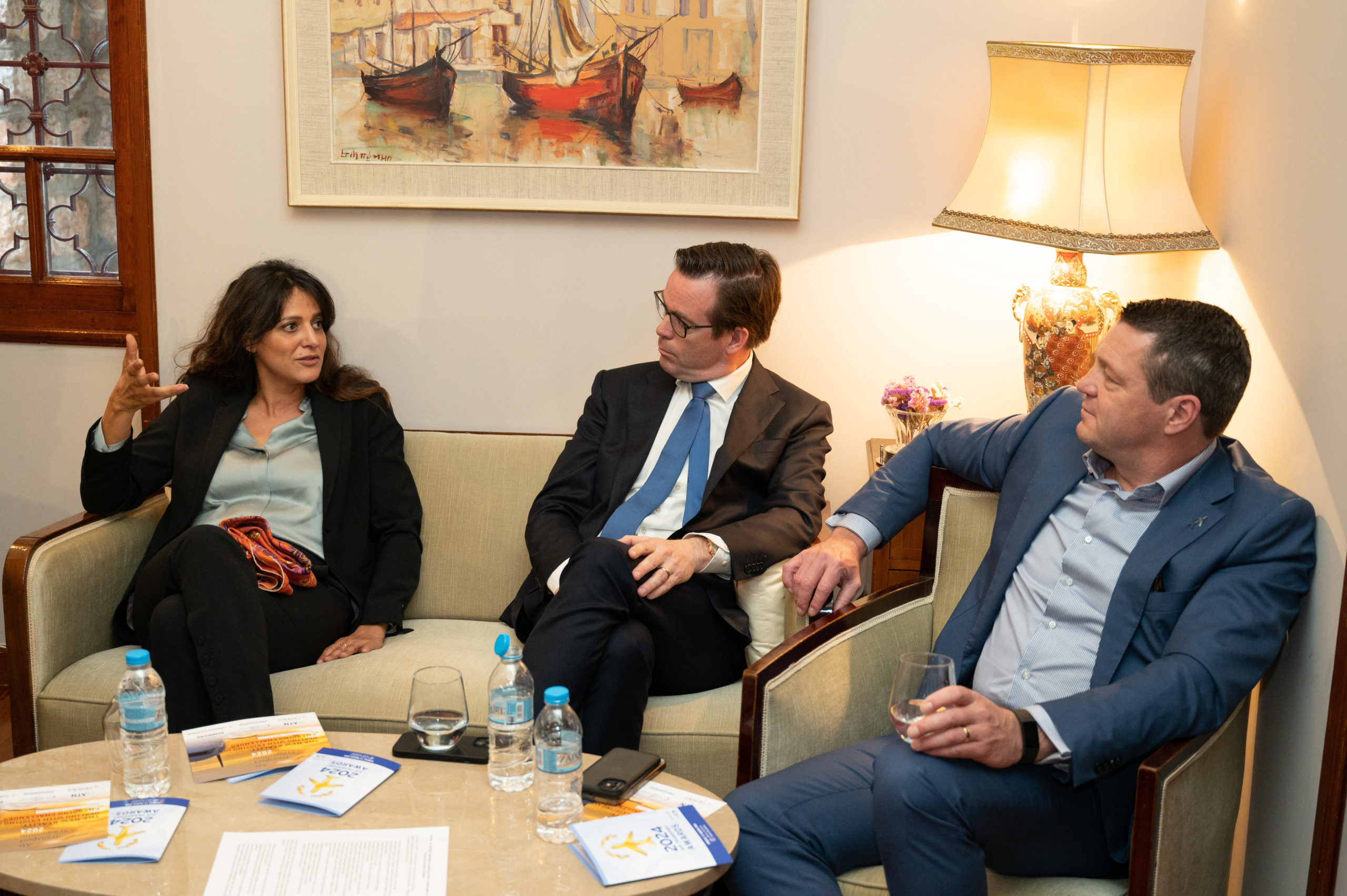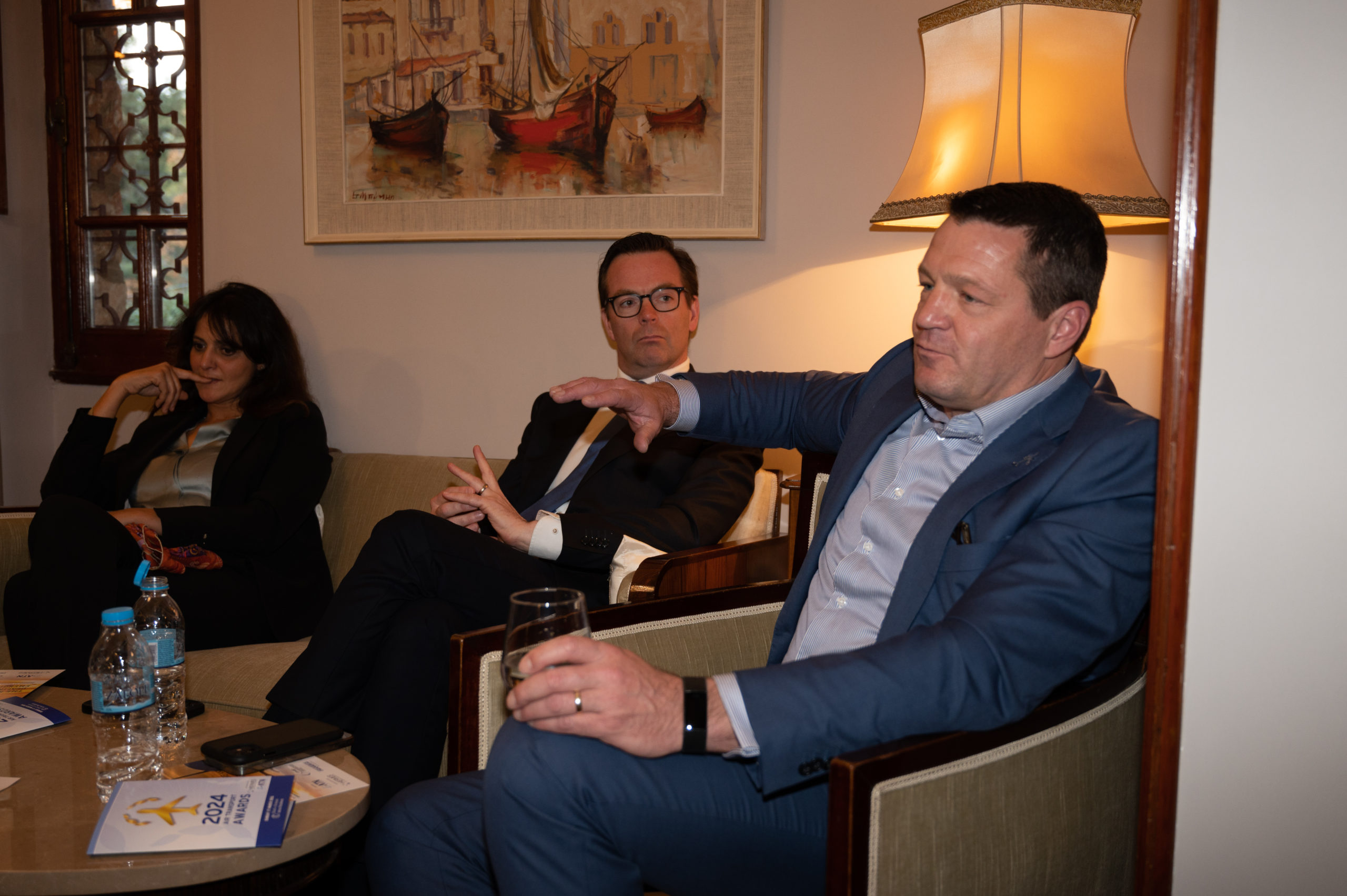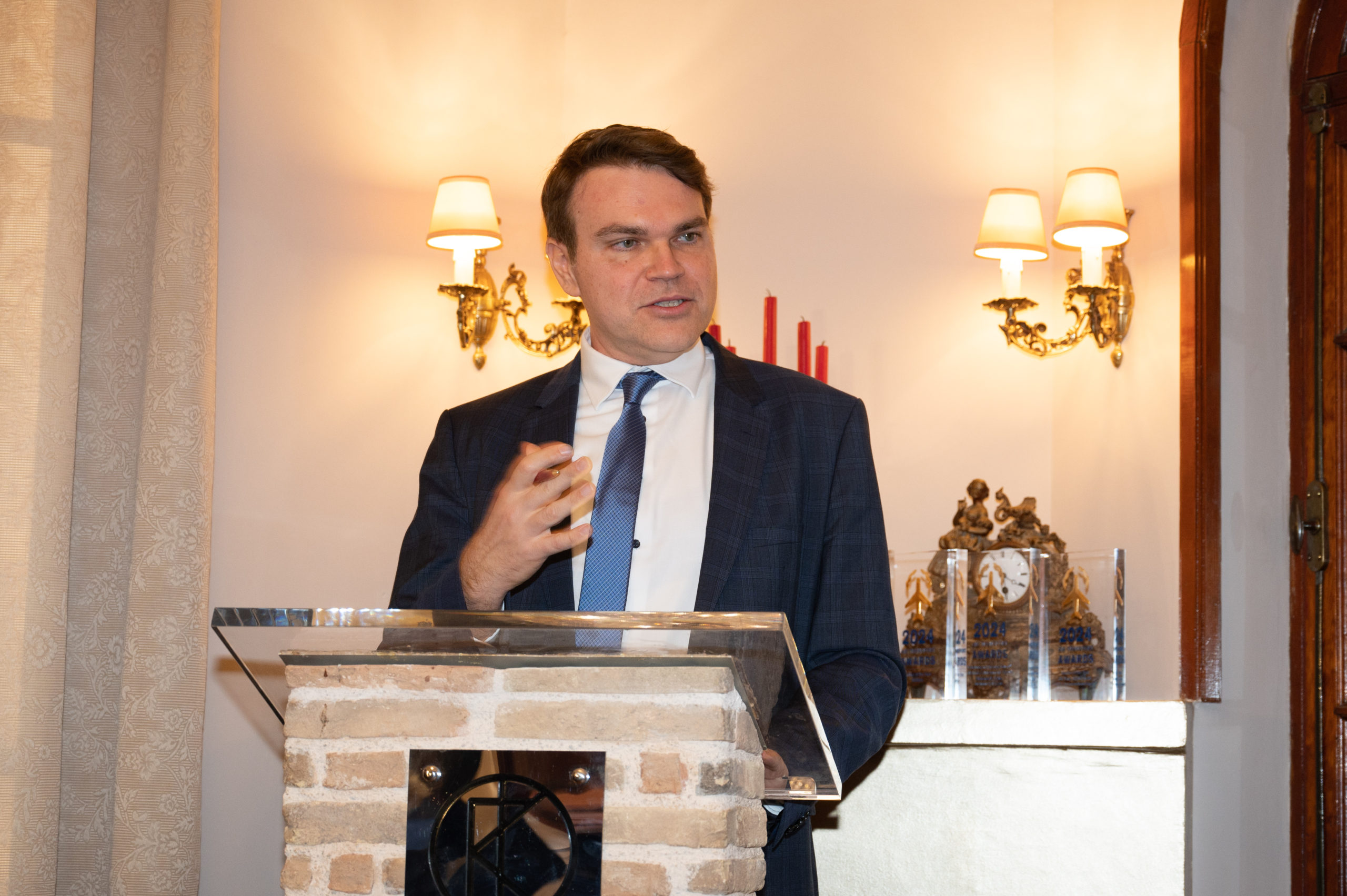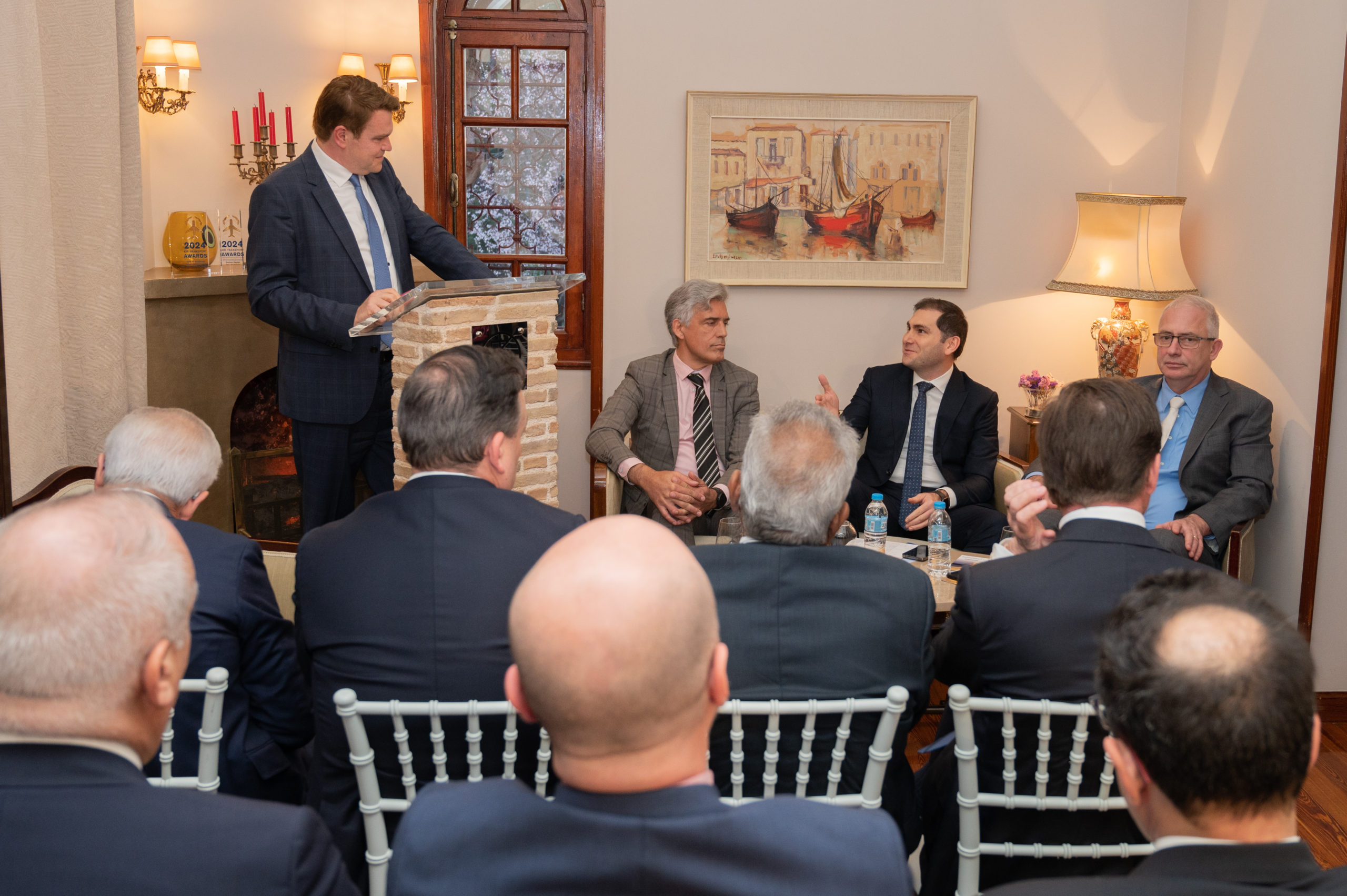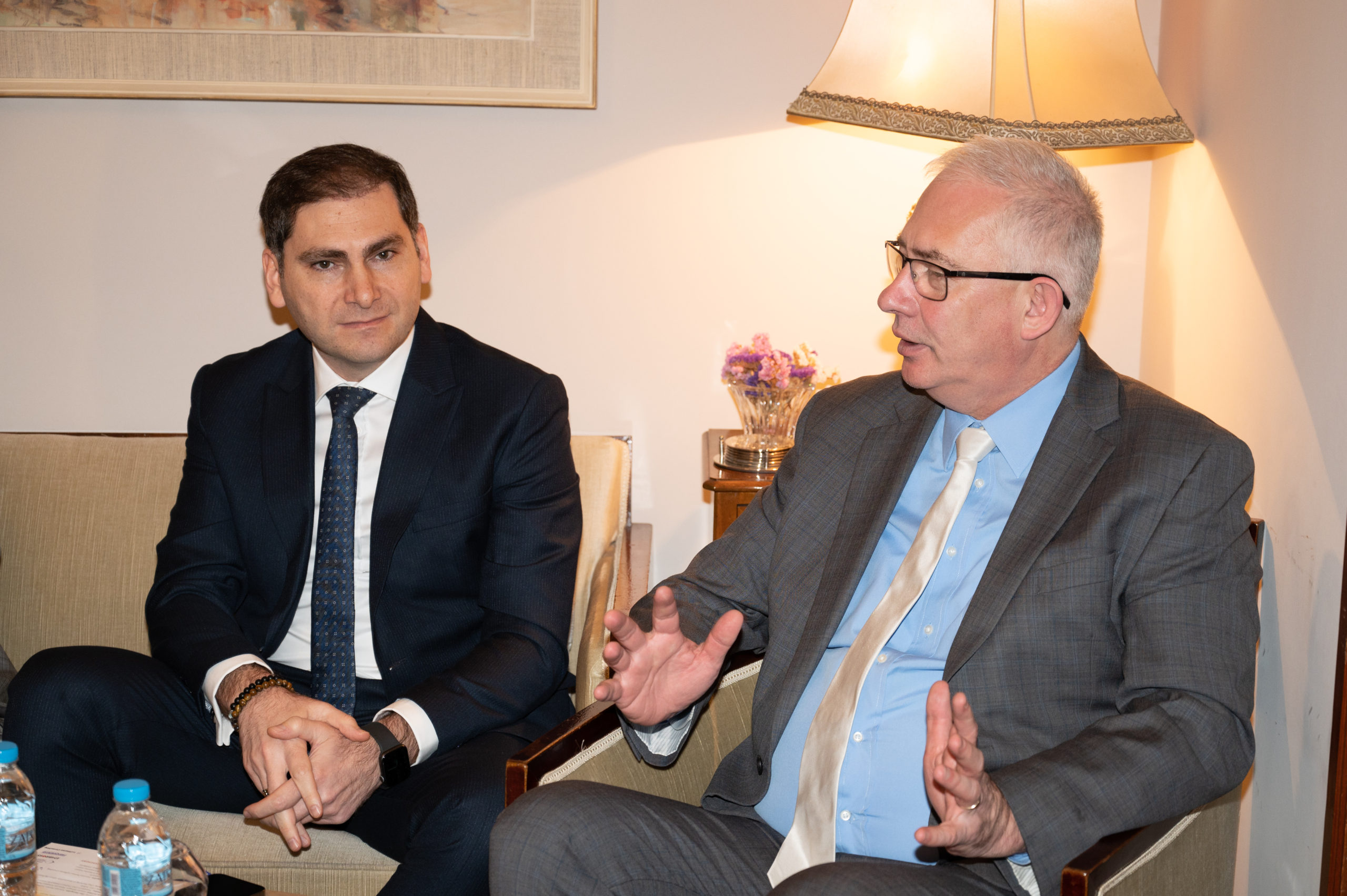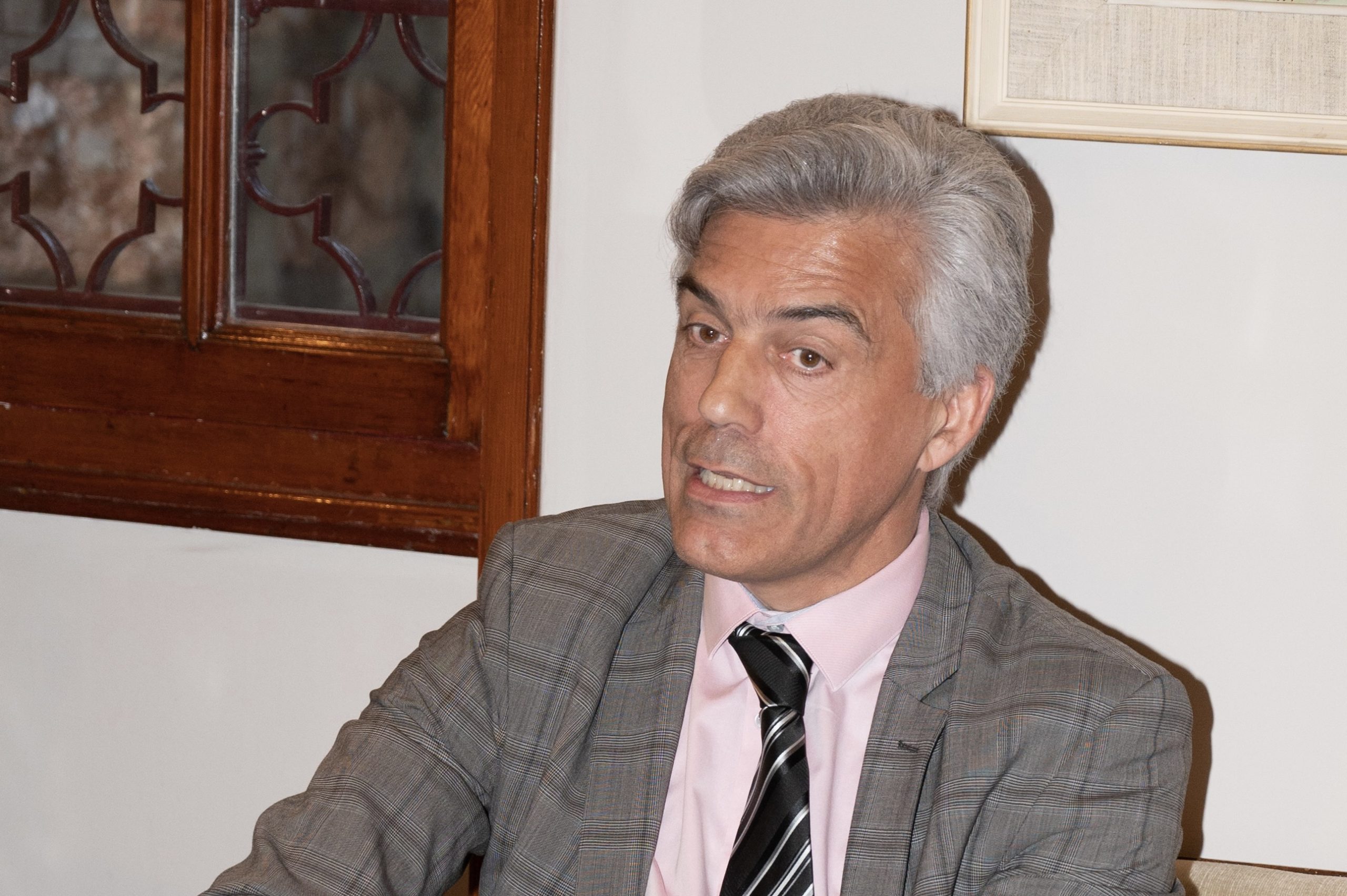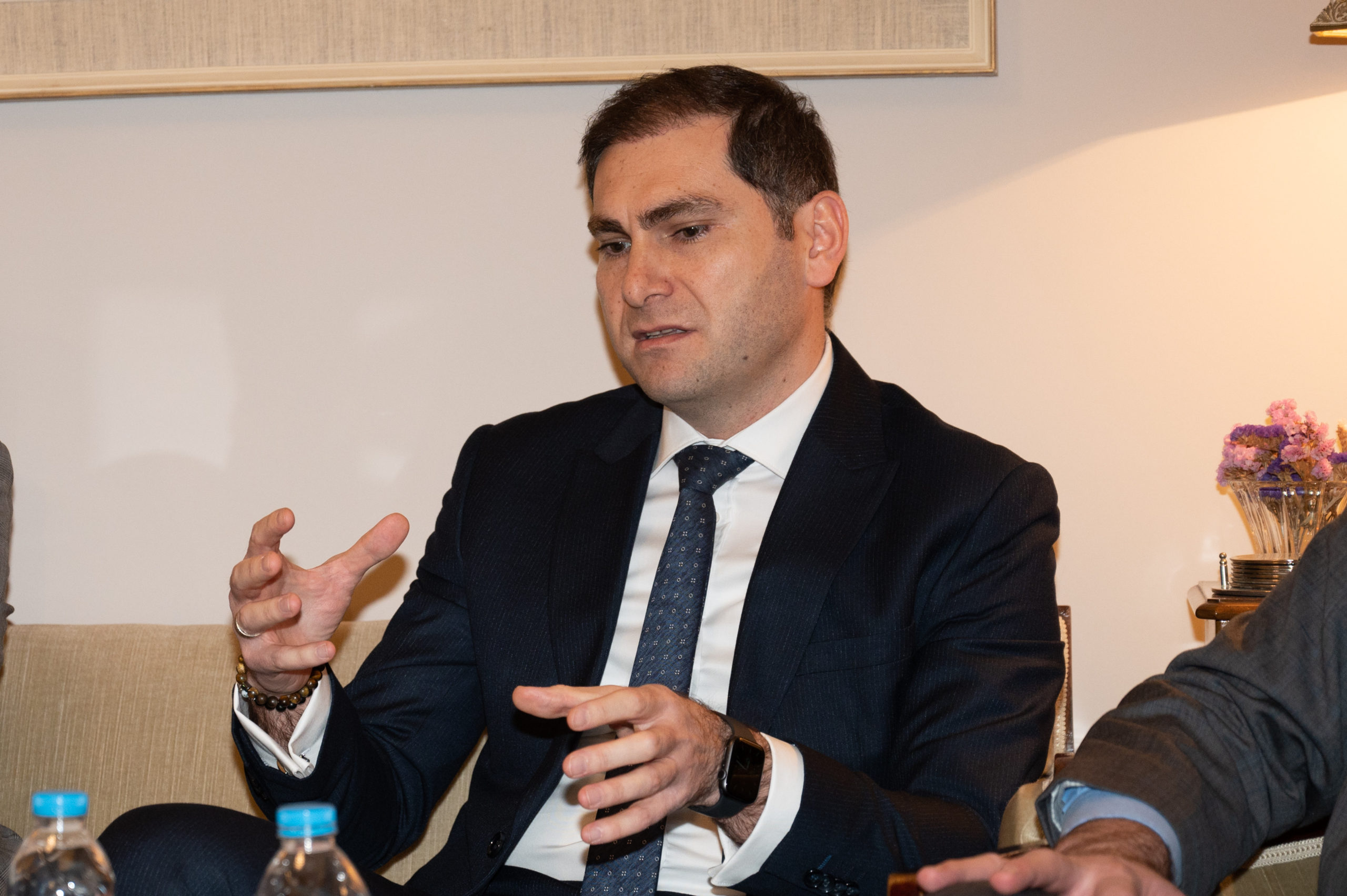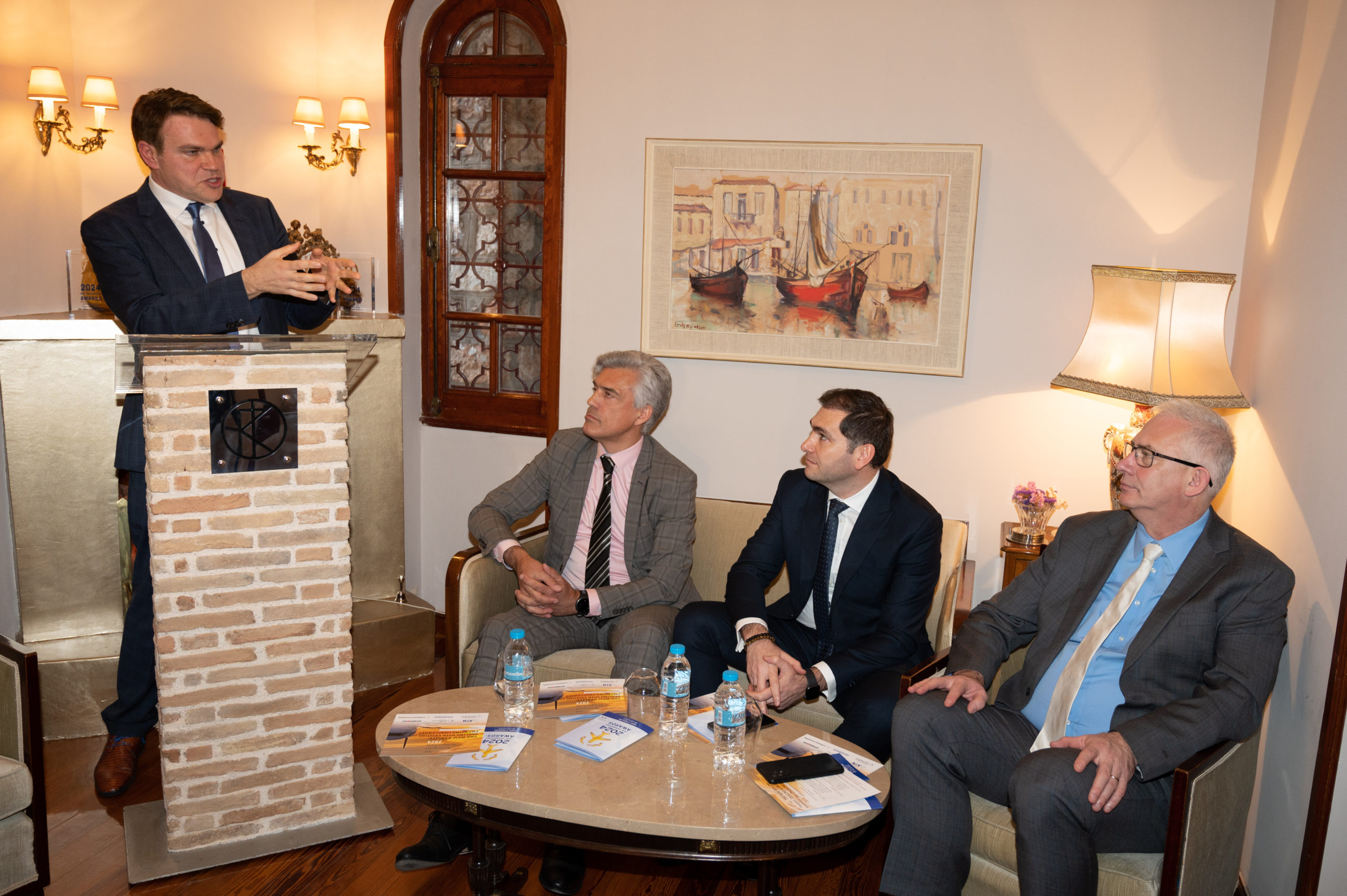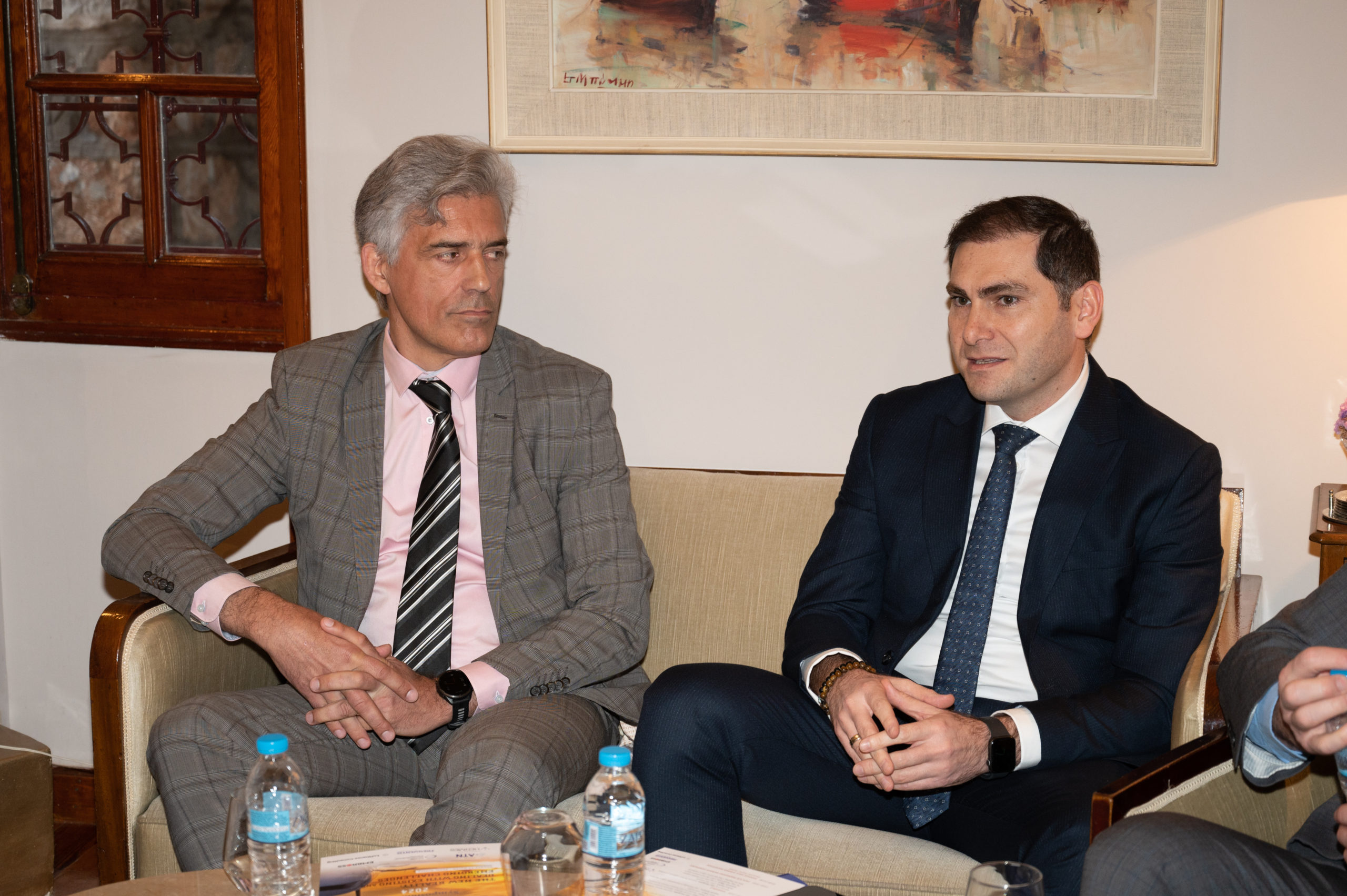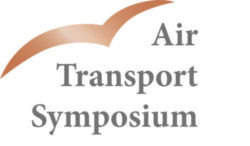
THE NEW REALITY: DEALING WITH EXISTING AND EMERGING CHALLENGES
17 March 2024 Ekali – Greece
Airline traffic, revenue and probably profits too are expected to reach record levels in 2024; at the same time, environmental sustainability issues and shortages of staff in key operations are still posing significant threats. Are more headwinds or tailwinds lurking ahead in the following year? This Air Transport Symposium aims at addressing these important questions in a thought-provoking and insightful manner.
.
17:00-17:05 Welcome address
Dr Kostas Iatrou, Director General, Hermes – Air Transport Organisation
17:05-18:00 Session 1
Moderator: Ilias Maragkakis, Associate Partner, Lufthansa Consulting
-Maria El Filali, General Manager, Moroccan Aerospace Industries Association (GIMAS)
-Arjan Meijer, President & CEO, Embraer Commercial Aviation
-Pieter Elbers, CEO, IndiGo
-Evgenia Starkova, Chief Marketing & Sustainability Officer, SkyTeam
18:00-19:00 Session 2
Moderator: Ilias Maragkakis, Associate Partner, Lufthansa Consulting
-Selahattin Bilgen, Acting CEO, iGA Istanbul Airport
-Dr. Eng. David Ciceo, CEO, Cluj International Airport
-Jean-Luc Rauline, Chief Operations Officer, EMBROSS
19:00-19:50 2023 Air Transport Awards ceremony
20:00-23:00 Hermes Gala dinner reception (Domotel Kastri Hotel)
The one-day Air Transport Symposium on “The new reality: dealing with existing and emerging challenges” took place in Ekali, Greece on the 17 March 2024. Dr Kostas Iatrou, Director General, Hermes – Air Transport Organisation, Ilias Maragkakis, Associate Partner, Lufthansa Consulting, Maria El Filali, General Manager, Moroccan Aerospace Industries Association (GIMAS), Arjan Meijer, President & CEO, Embraer Commercial Aviation, Pieter Elbers, CEO, IndiGo, Evgenia Starkova, Chief Marketing & Sustainability Officer, SkyTeam, Selahattin Bilgen, Acting CEO, iGA Istanbul Airport, Dr. Eng. David Ciceo, CEO, Cluj International Airport and Jean-Luc Rauline, Chief Operations Officer, EMBROSS gathered to discuss the headwinds or tailwinds challenging and pushing ahead the air industry in two panels, the first from the perspective of airlines and aircraft manufacturers and the second from the perspective of aviation infrastructure.
The first panel stressed that aviation is a victim of its own success: there is an increasing demand for and growth of air travel but the shortage of staff and the disruptions of the resource supply chain prevent for the time being from meeting this demand: there is shortage of planes, parts, engines apart from the well known shortage of staff. They stressed that customer expectations and demands are increasing and aviation will have to provide a truly seamless enhancing experience globally. Even though aviation suffers from a negative image as a “polluter”, in reality the average passenger may in theory put an emphasis on sustainability but when he asks to pay for sustainability he does not do it: passengers want to be able to fly, to have connectivity. Sustainability is in different balance with economic prosperity, people in developing countries who have come last to the flight experience put less stress on sustainability. Technical and technological developments will accelerate the sustainable development, every generation of aircraft and engine every generation of aircraft is more fuel efficient but the industry should be realistic and “not promising the world”. SAFs are not yet available at the required quantities and prices and it will take long to take long. There is though one thing, much cheaper than SAFs that could be done “overnight” to reduce emissions, truly single skies, but there is no political will to proceed. They stressed that Covid pandemic have not changed the scenery as some were predicting but has accelerated the emerging trends already there: digitalization, gravity moving east sustainability, the winners will be those that are best at addressing the accelerating tendencies.
The second panel stressed that the main challenge is the inconsistency between of the growth of demand – despite the increase of tickets which will be followed by an increase in airport charges- and the disruption of the supply chain (such as ship shipments) due also to geopolitical tensions. The panelists stressed that aviation is a supply driven sector, which means that the more efficiently the sector operates, the more frequencies it provides, people will follow. Therefore, strengthened cooperation and communication and more data sharing will benefit will benefit the whole sector. Cooperation will create common standards, will eliminate the need for all stakeholders “to be efficient, be competitive and cut costs”. The disharmony between the different regulations and requirements and the different infrastructures of the stakeholders creates a “patchwork” that hinders the efficient and sustainable operation of the whole sector. Technology and automation will help to better use existing infrastructure especially in mature markets that do not have the possibility to build new airports and infrastructure. They added that air travel is not a single leg experience, passengers expect the same level of service even from small airports. The integration of automation and Artificial Intelligence (AI) will help airline and airport staff to increase their productivity and to process passengers faster and more efficiently. They stressed that running data on the Cloud raises cyber security issues that need to be addressed. Passenger facilitation in the future in the form of analytics and biometrics will be based and gathered in the mobile phone.


